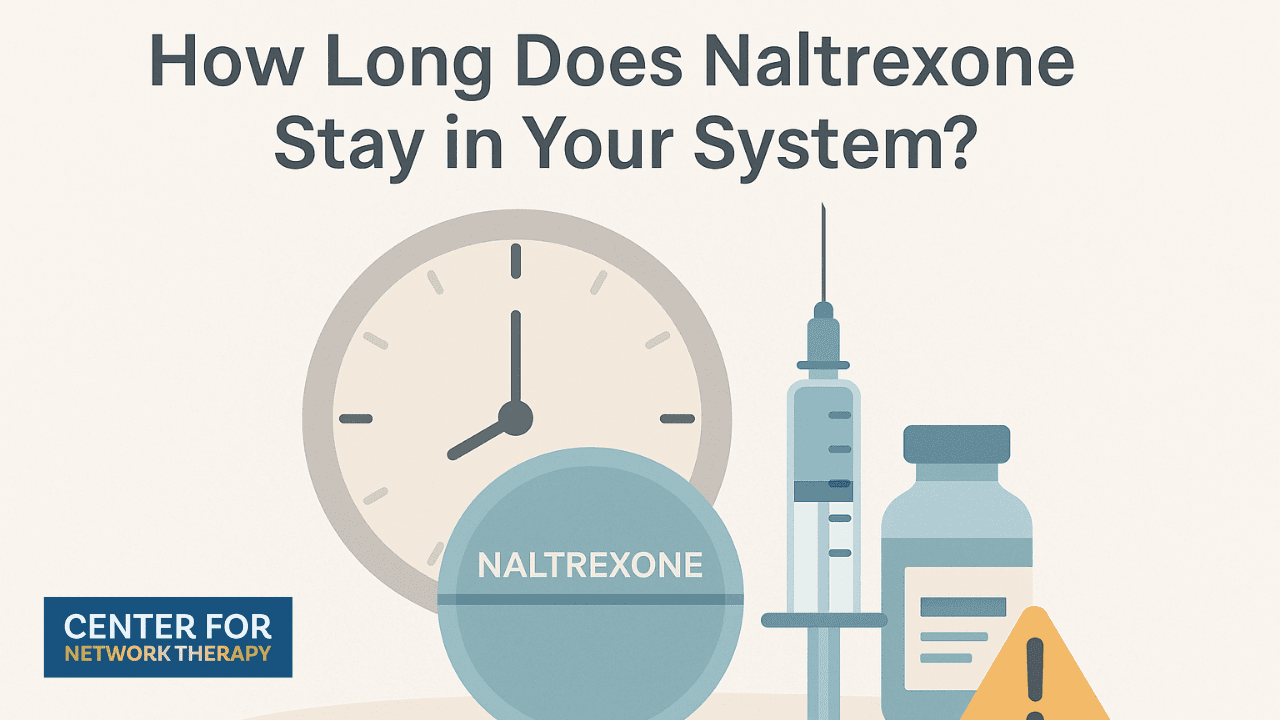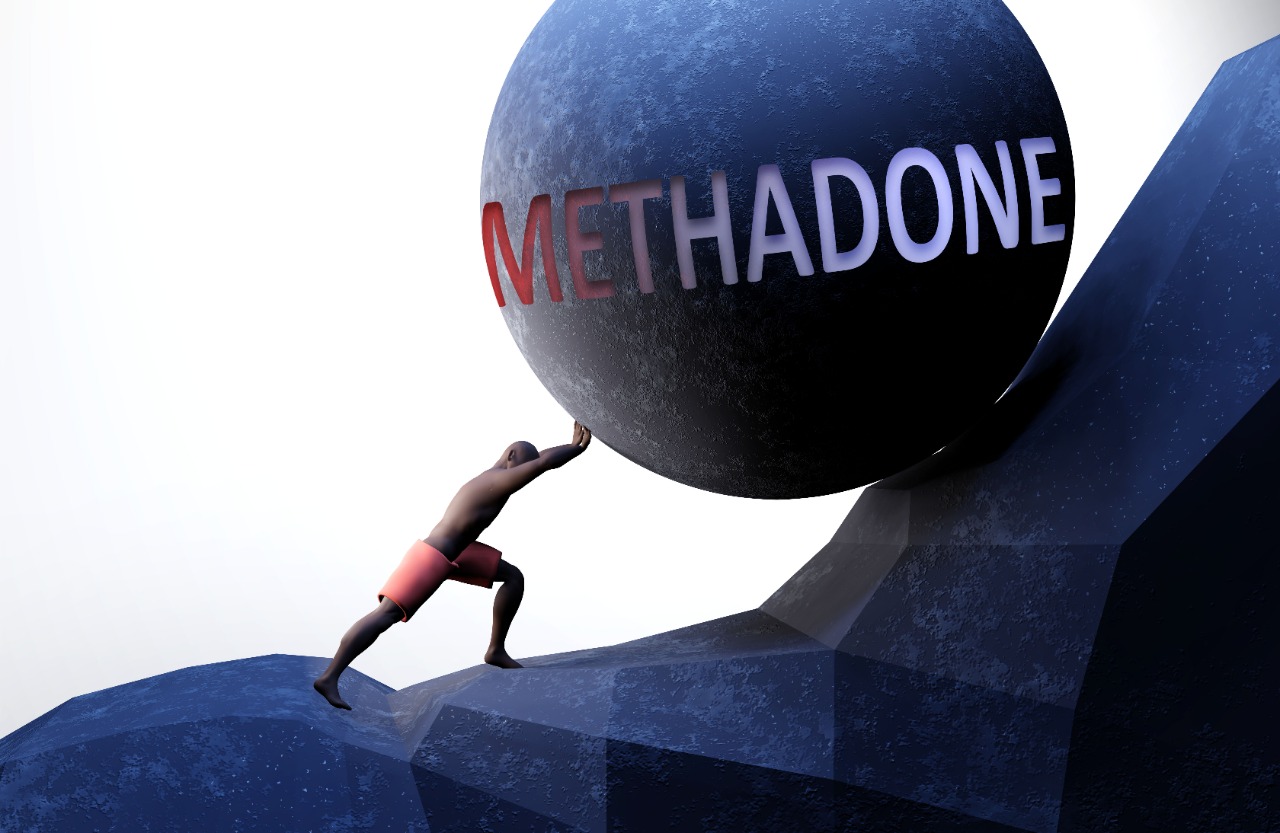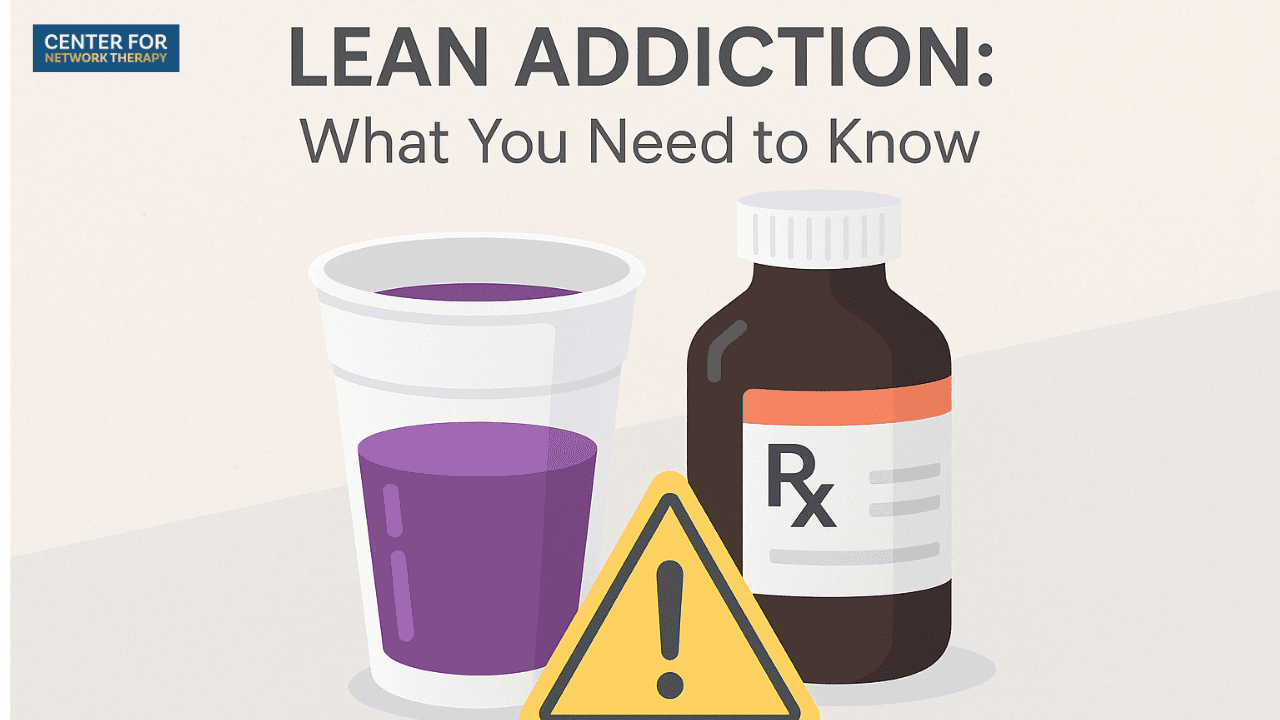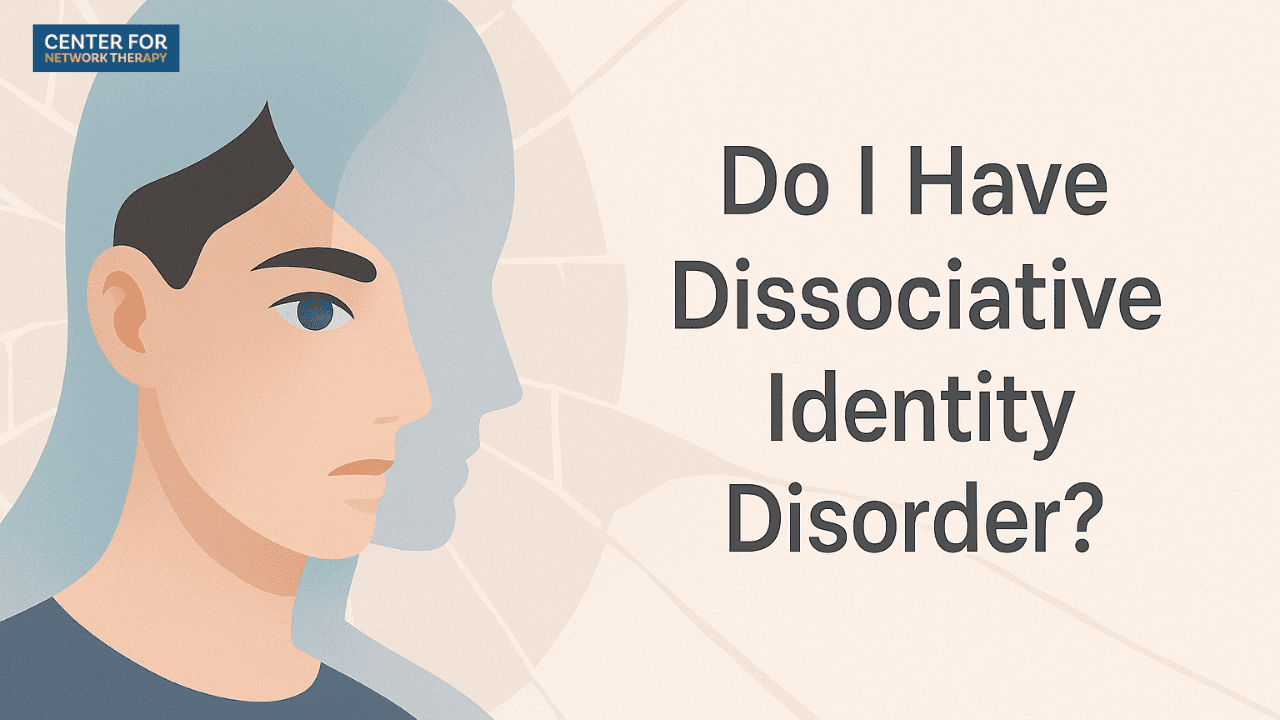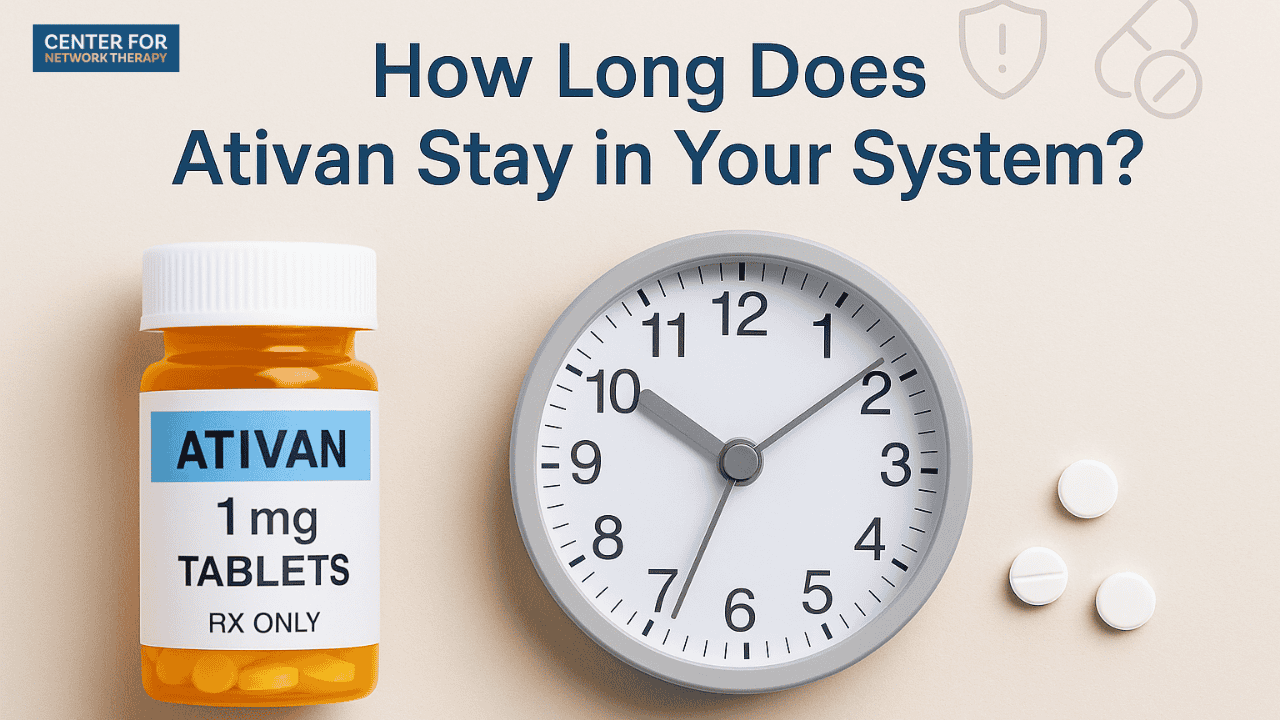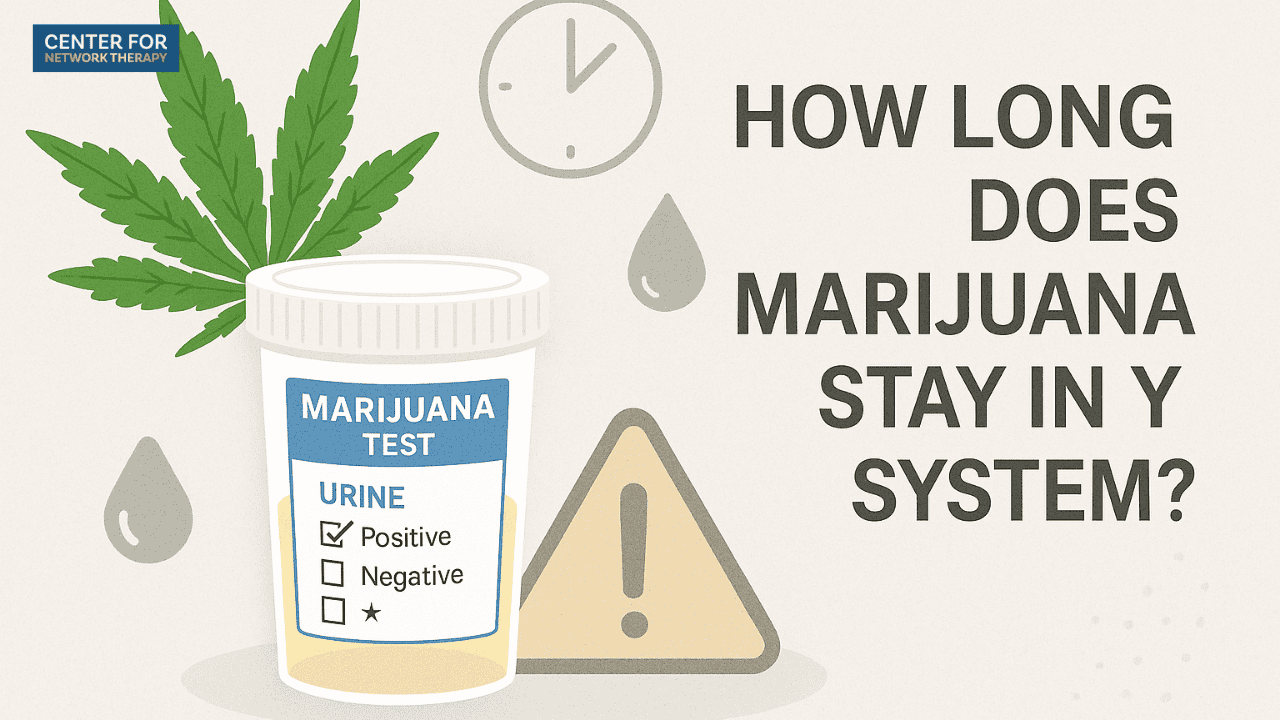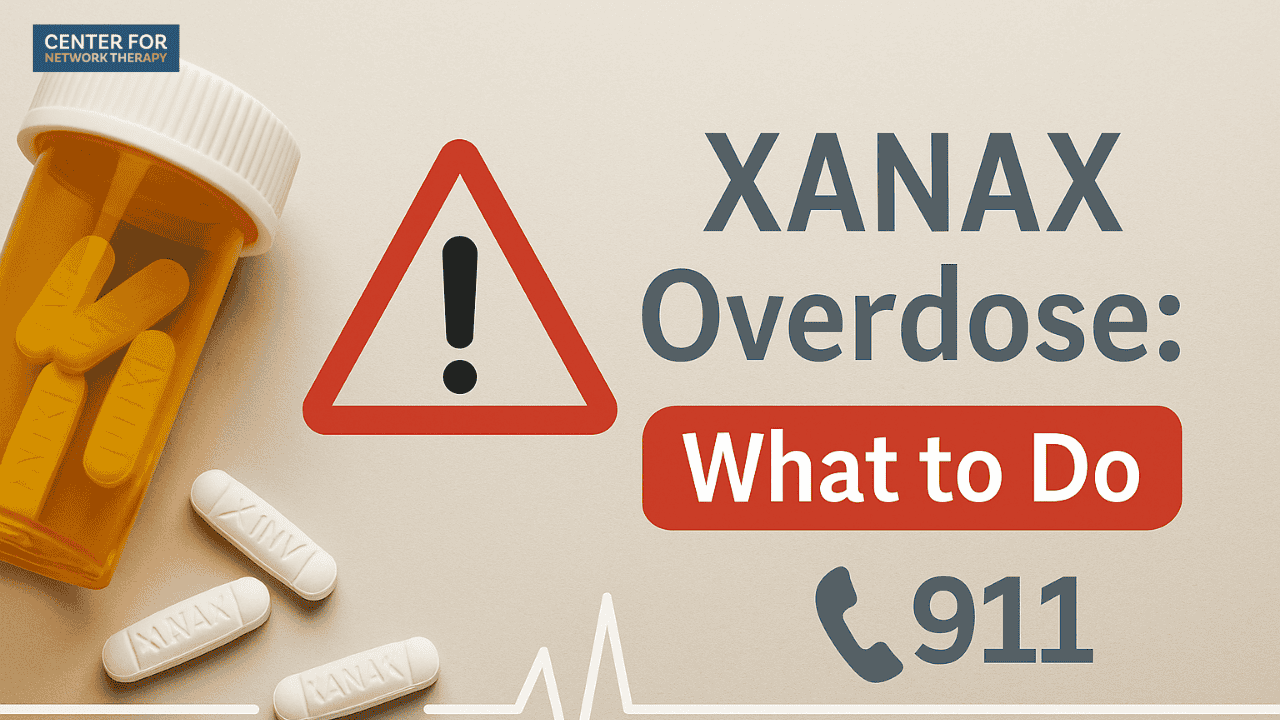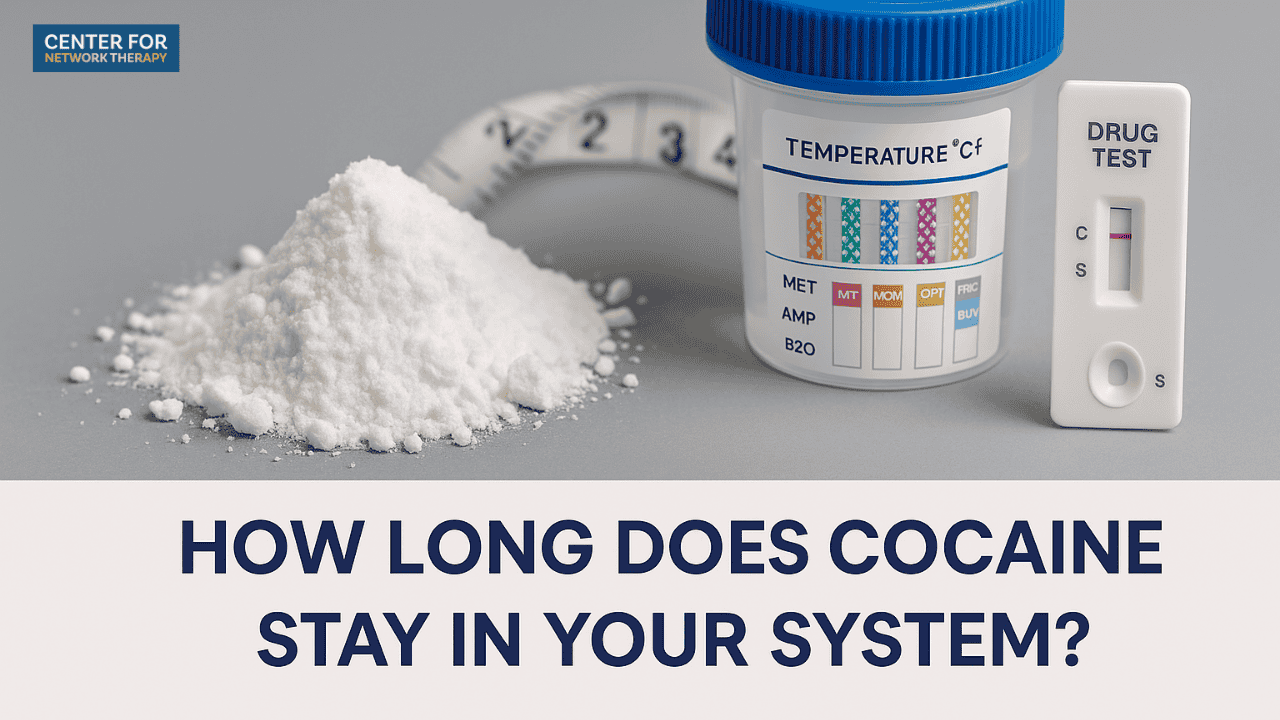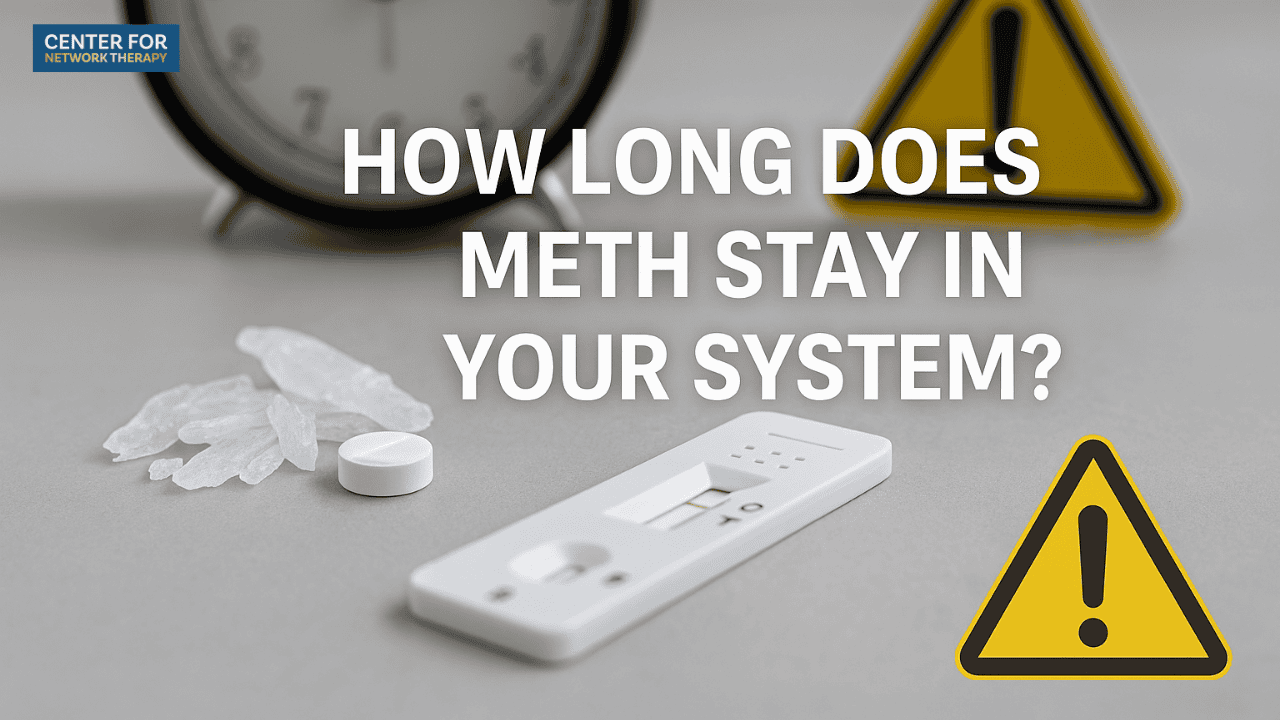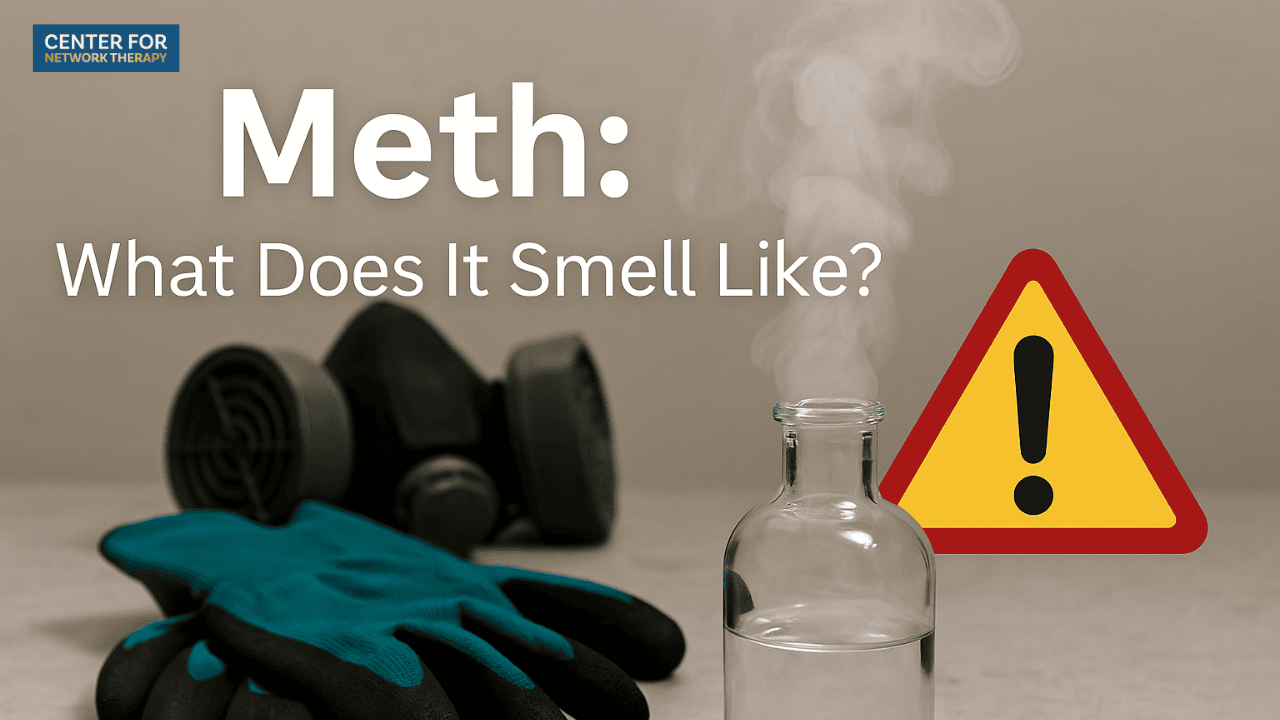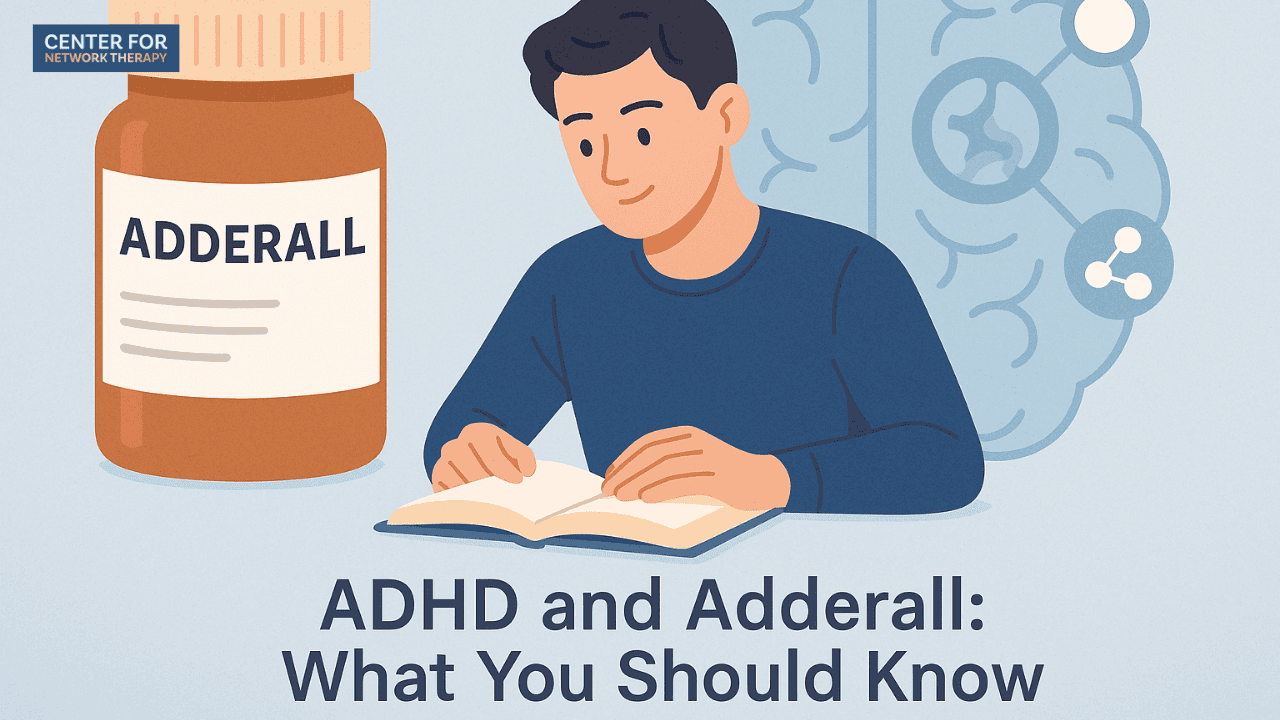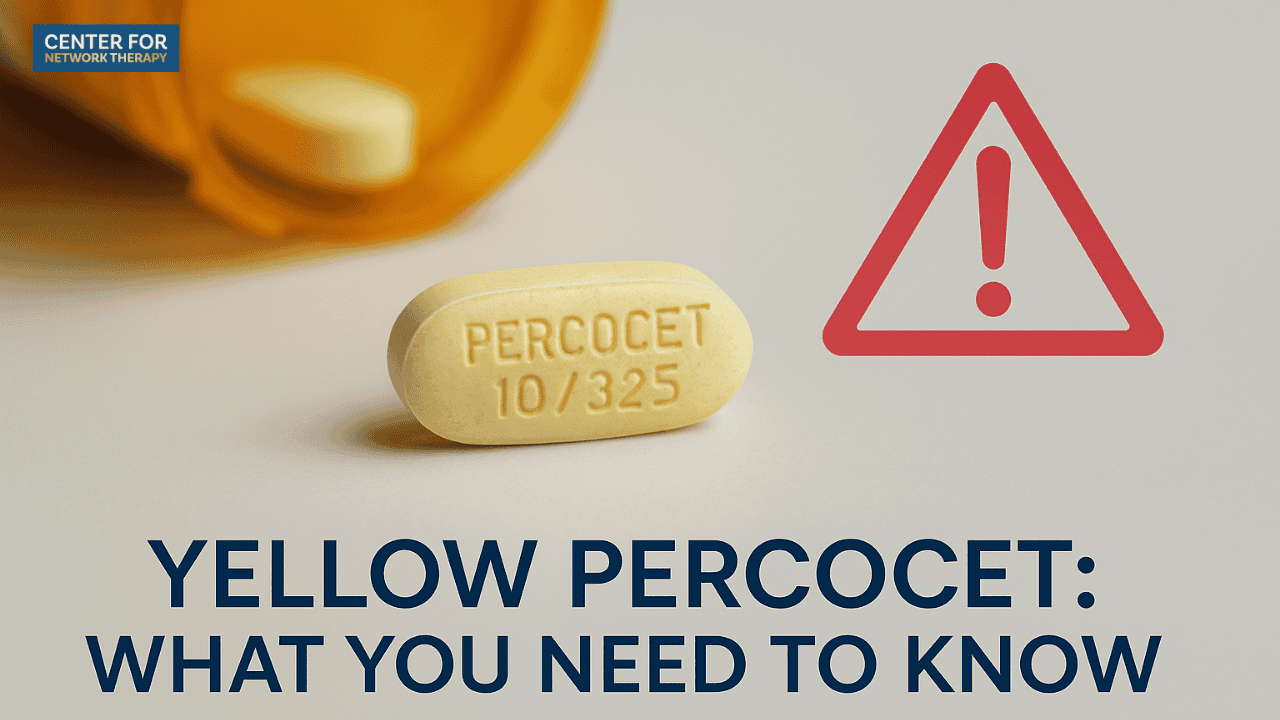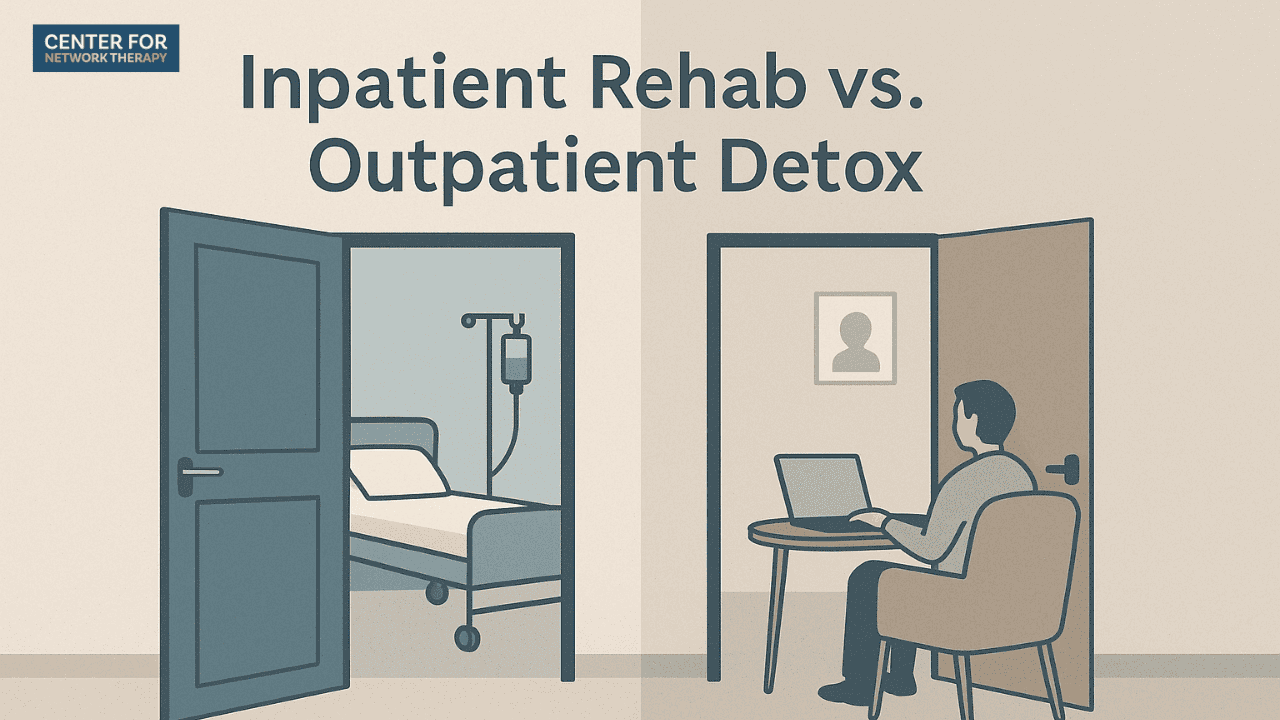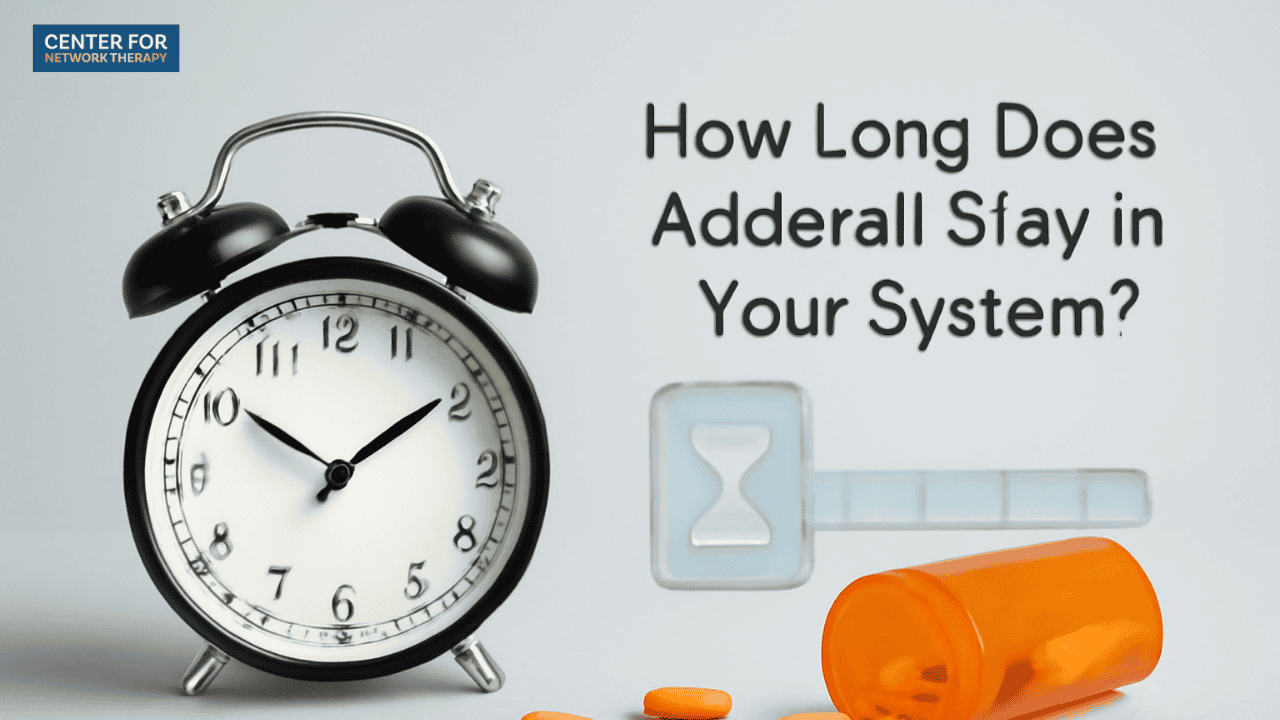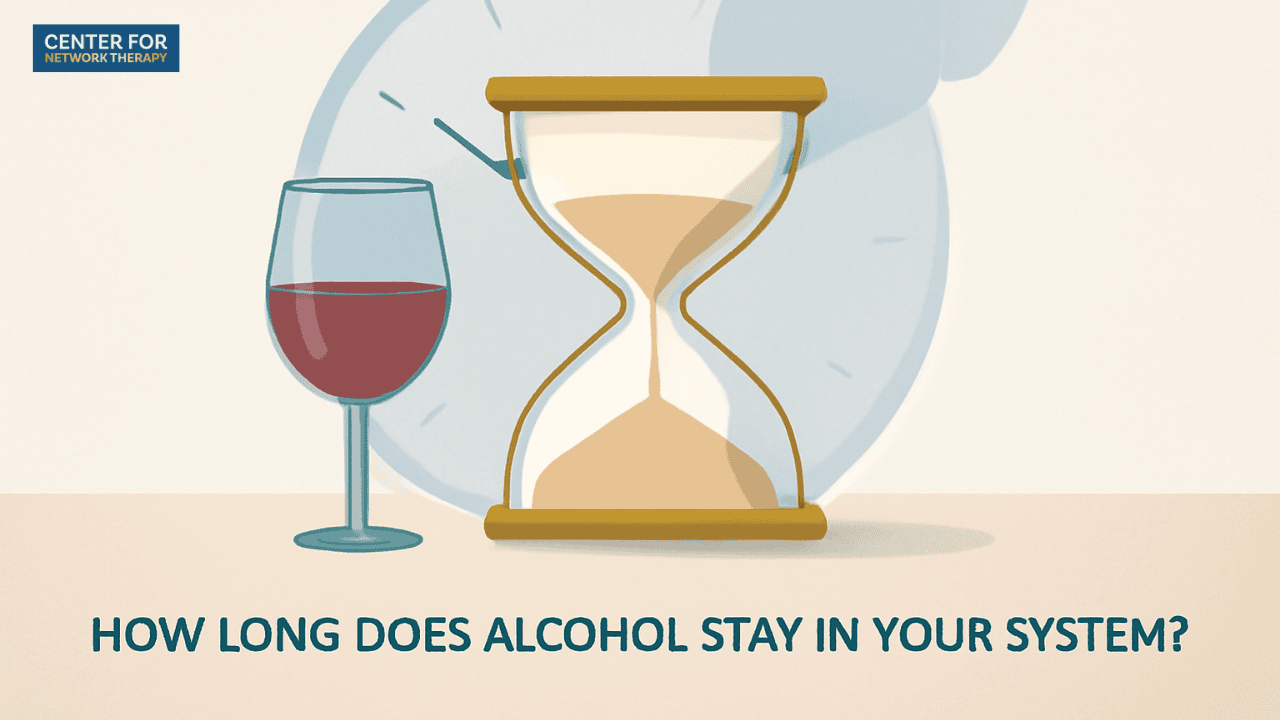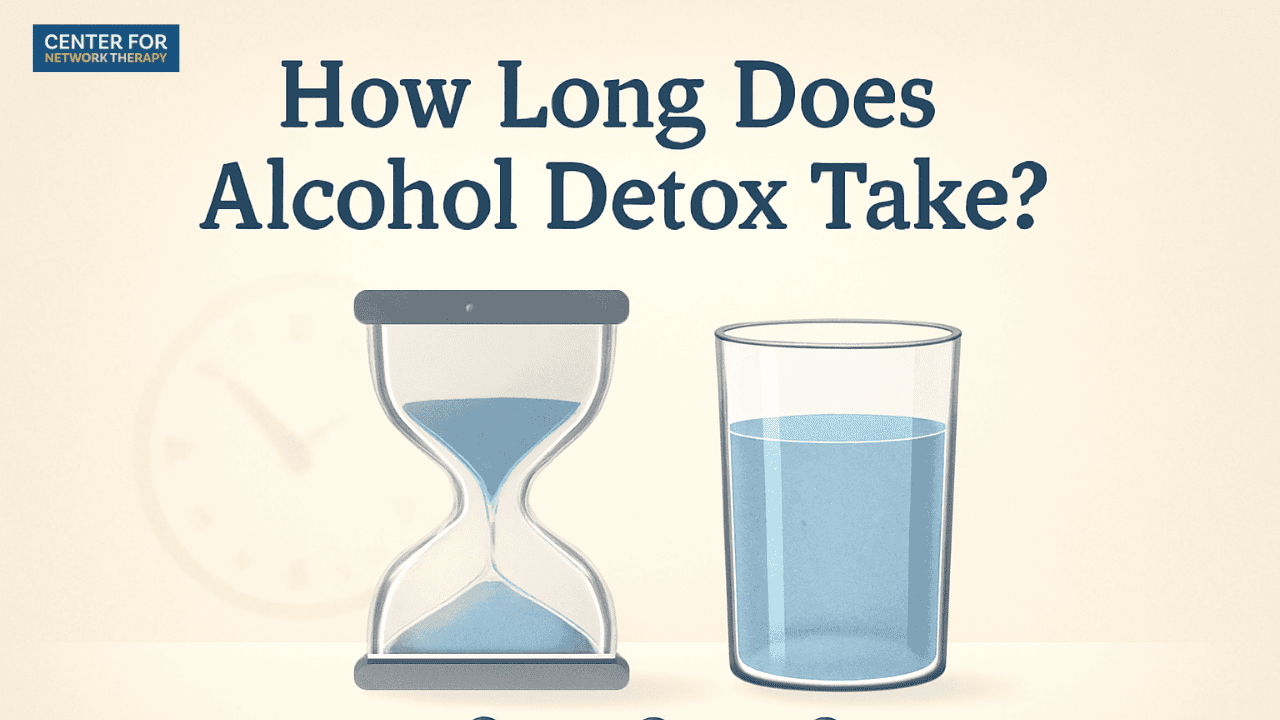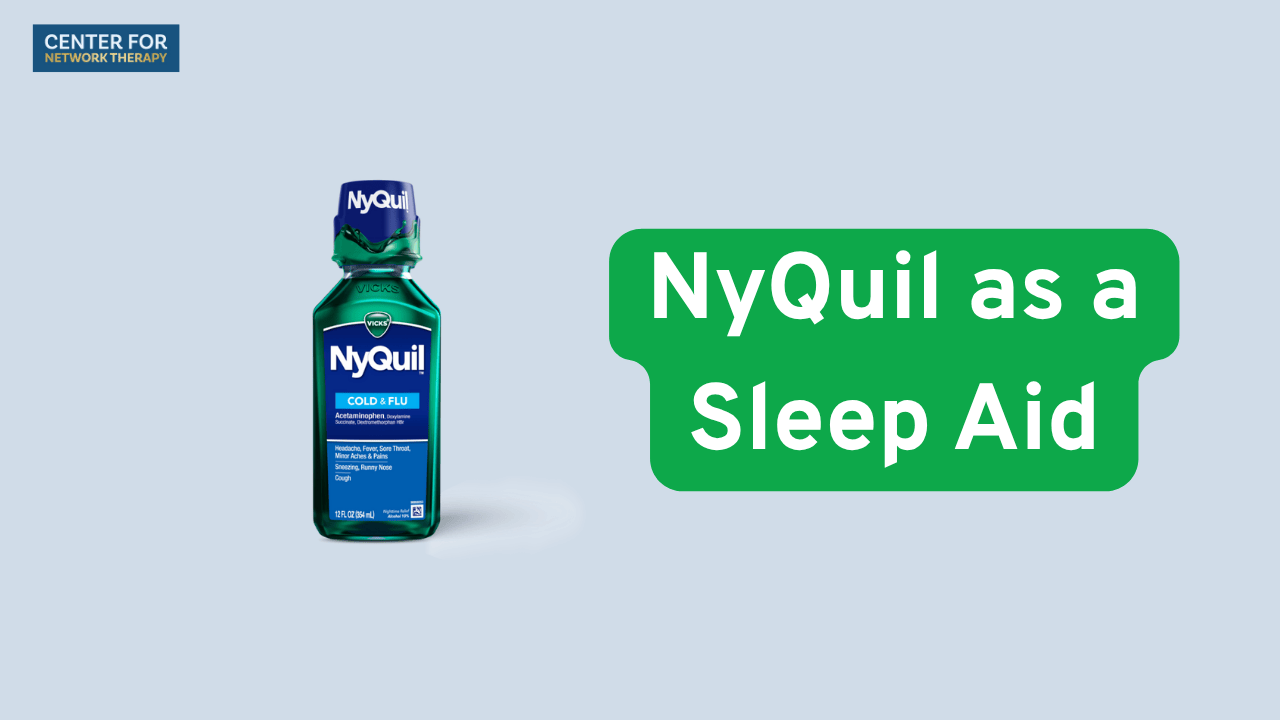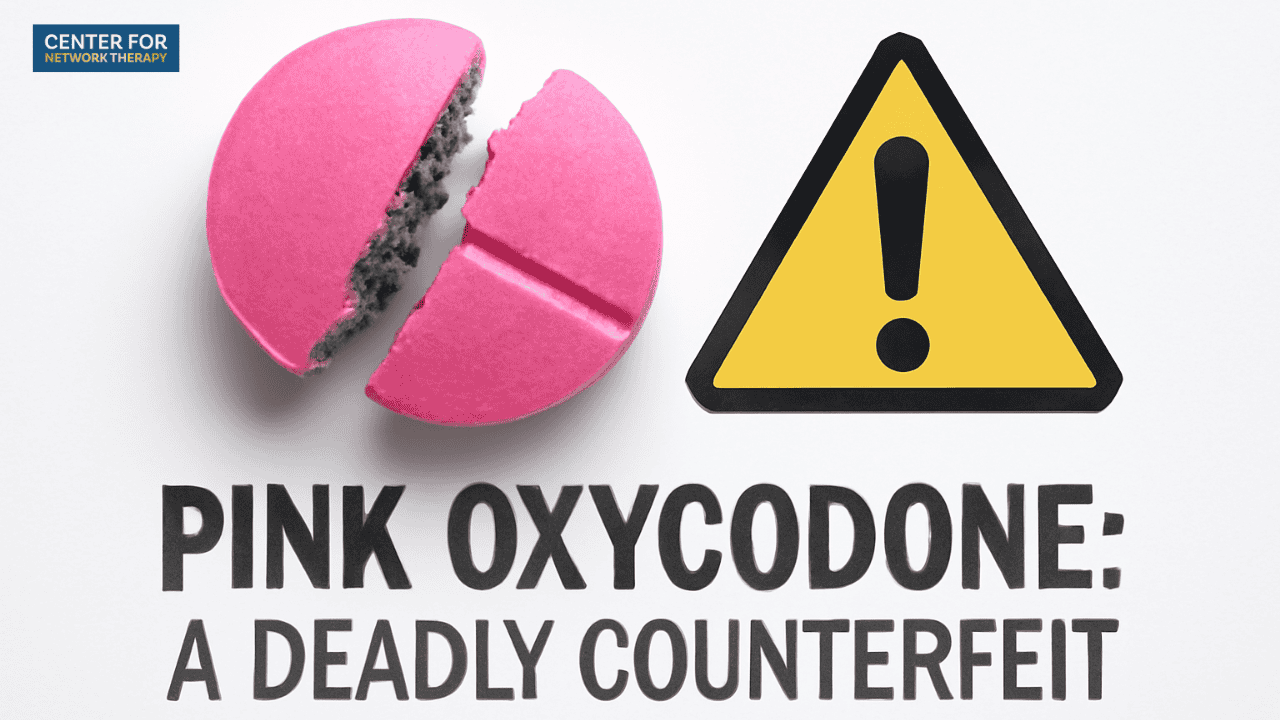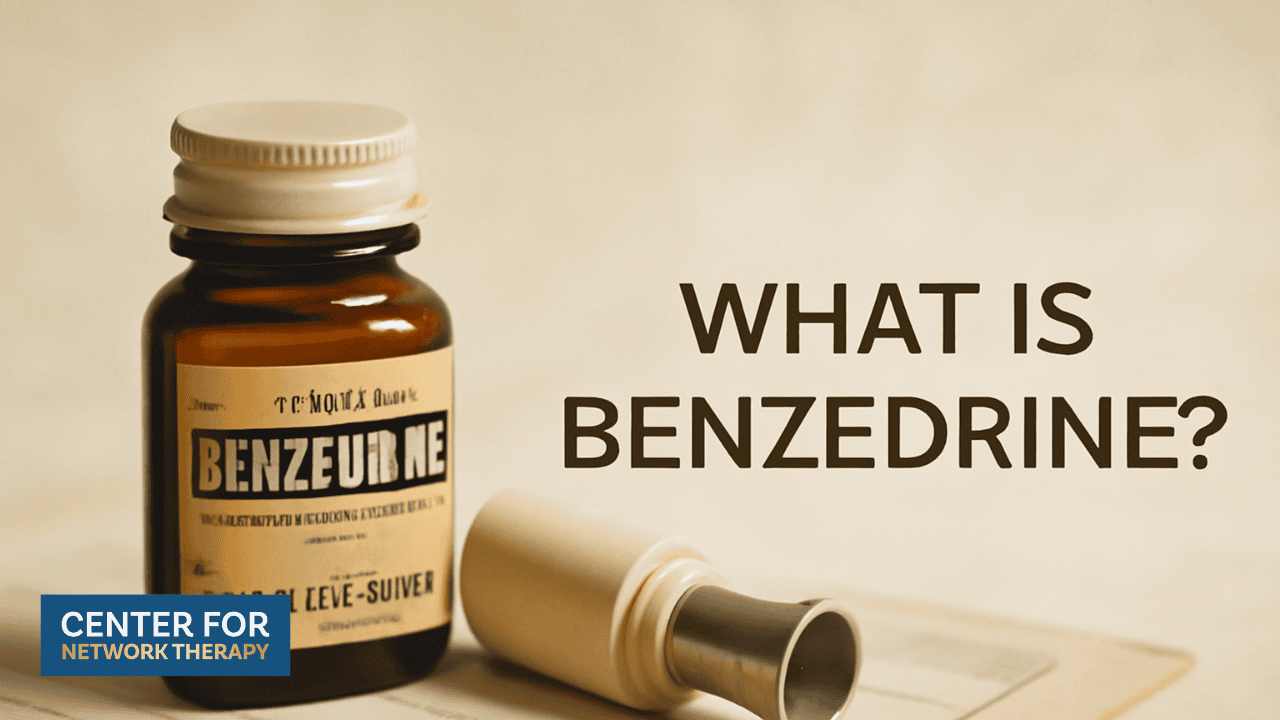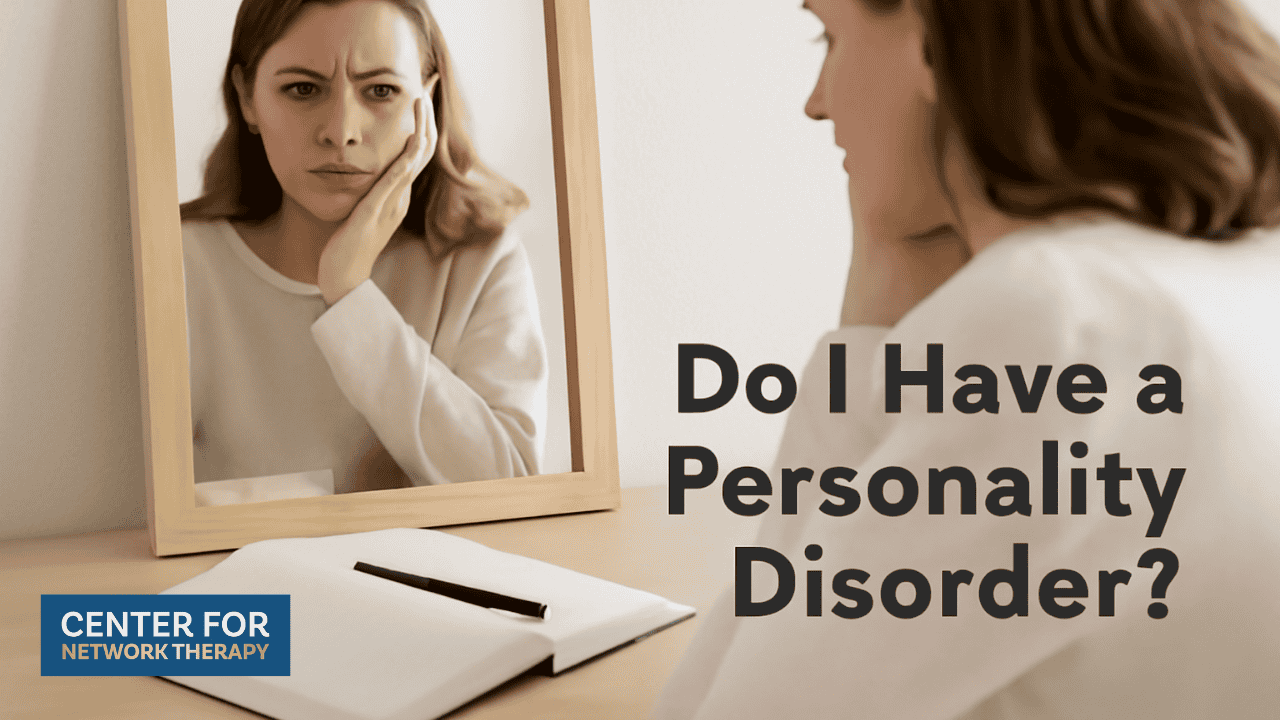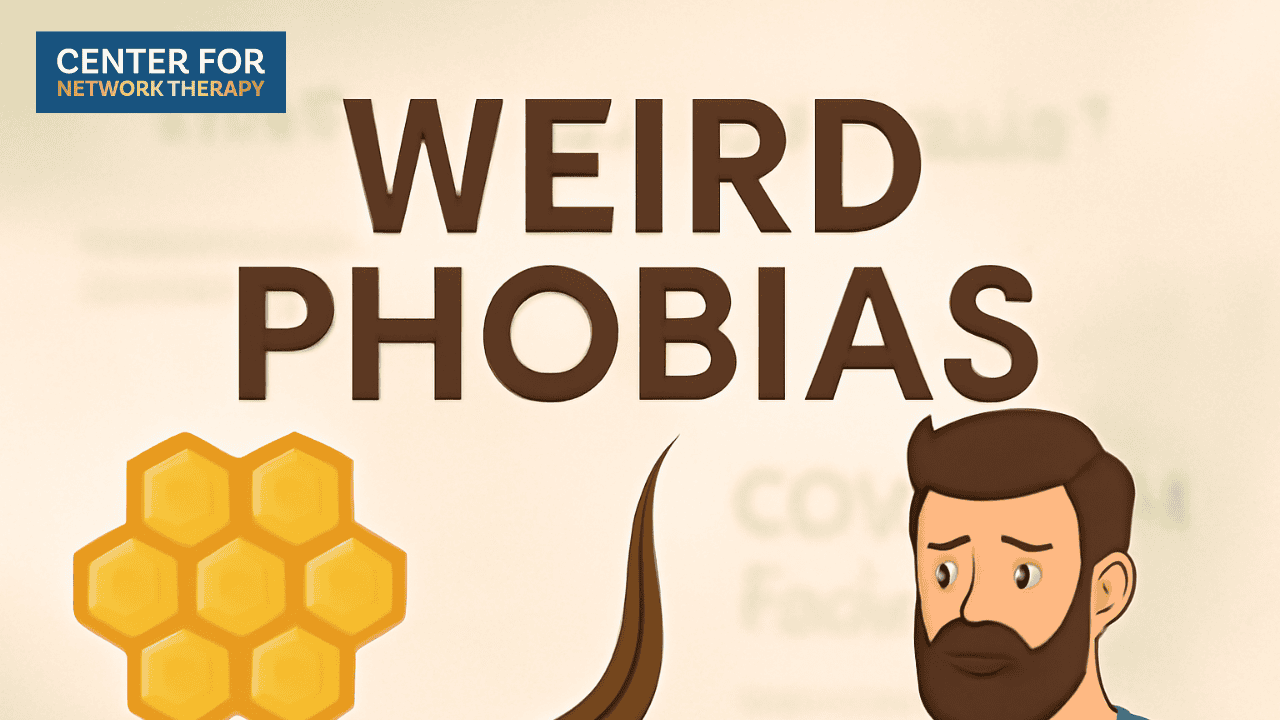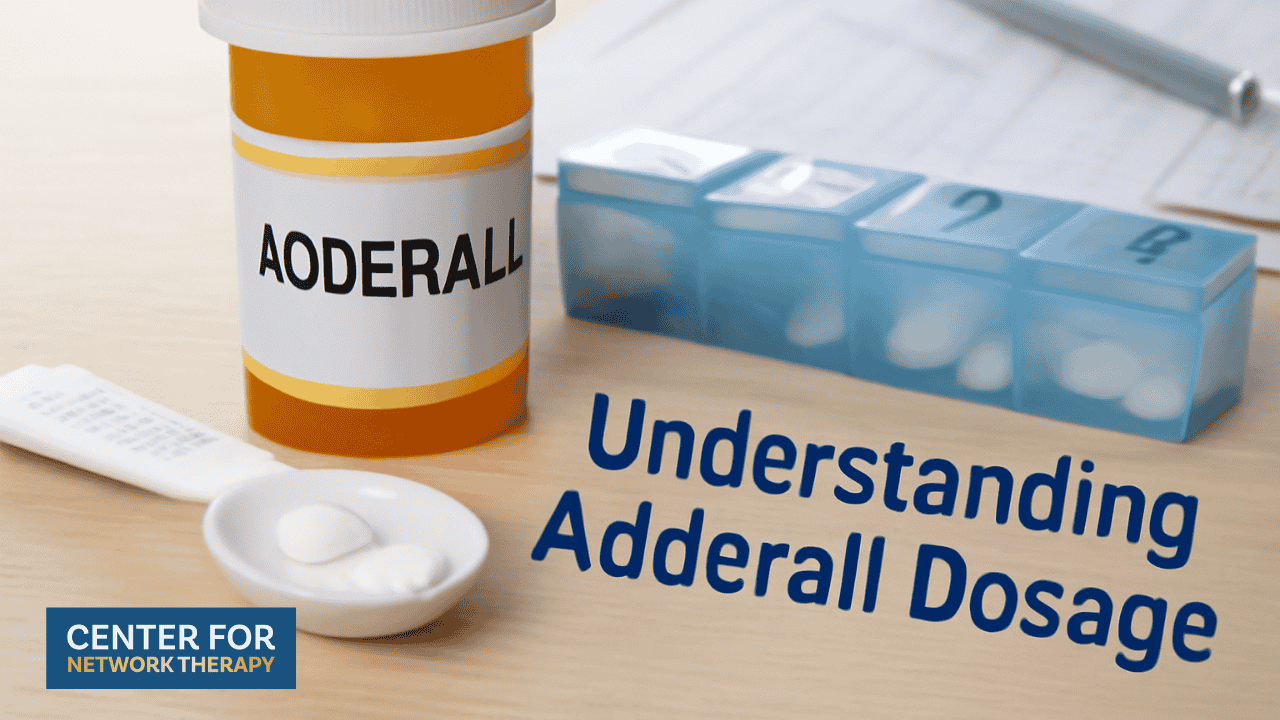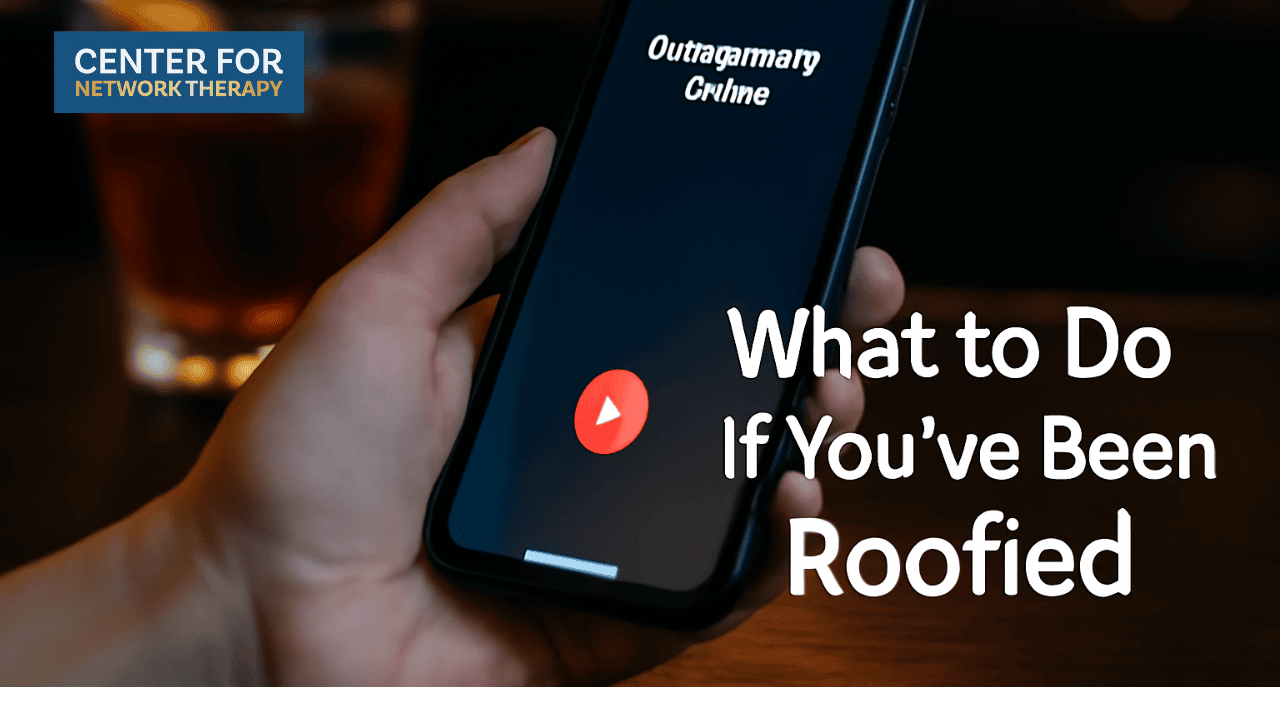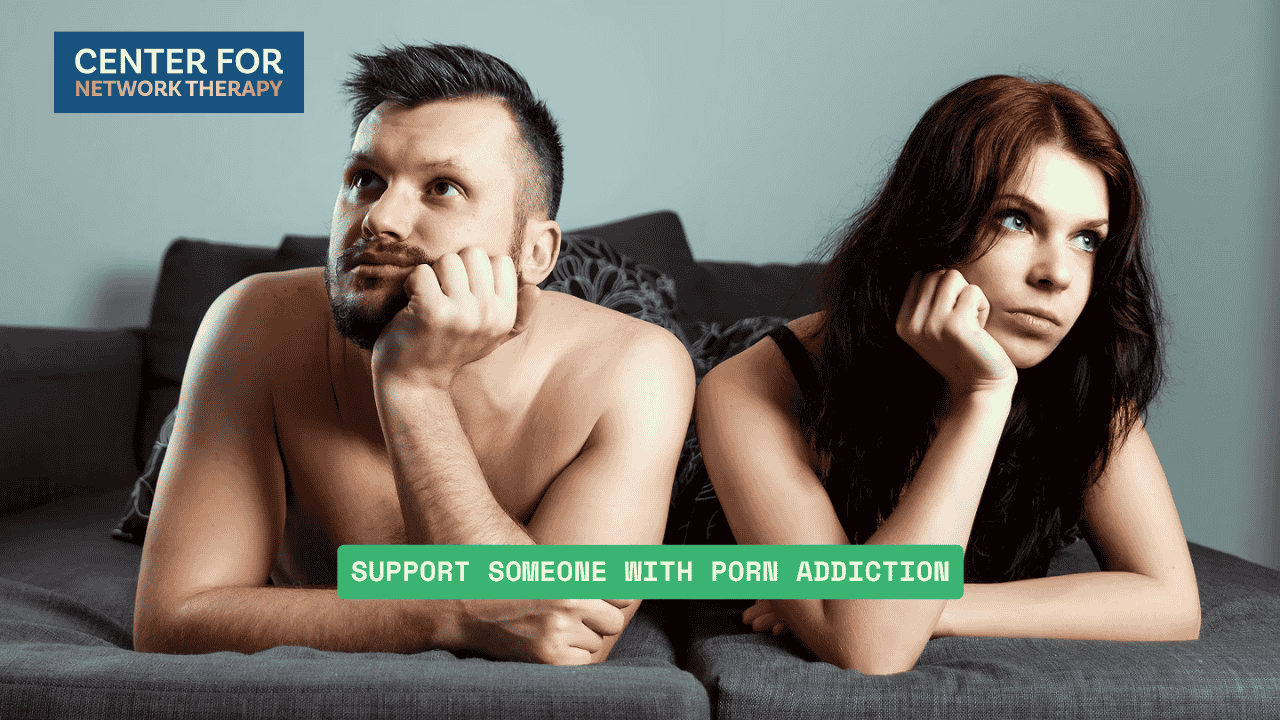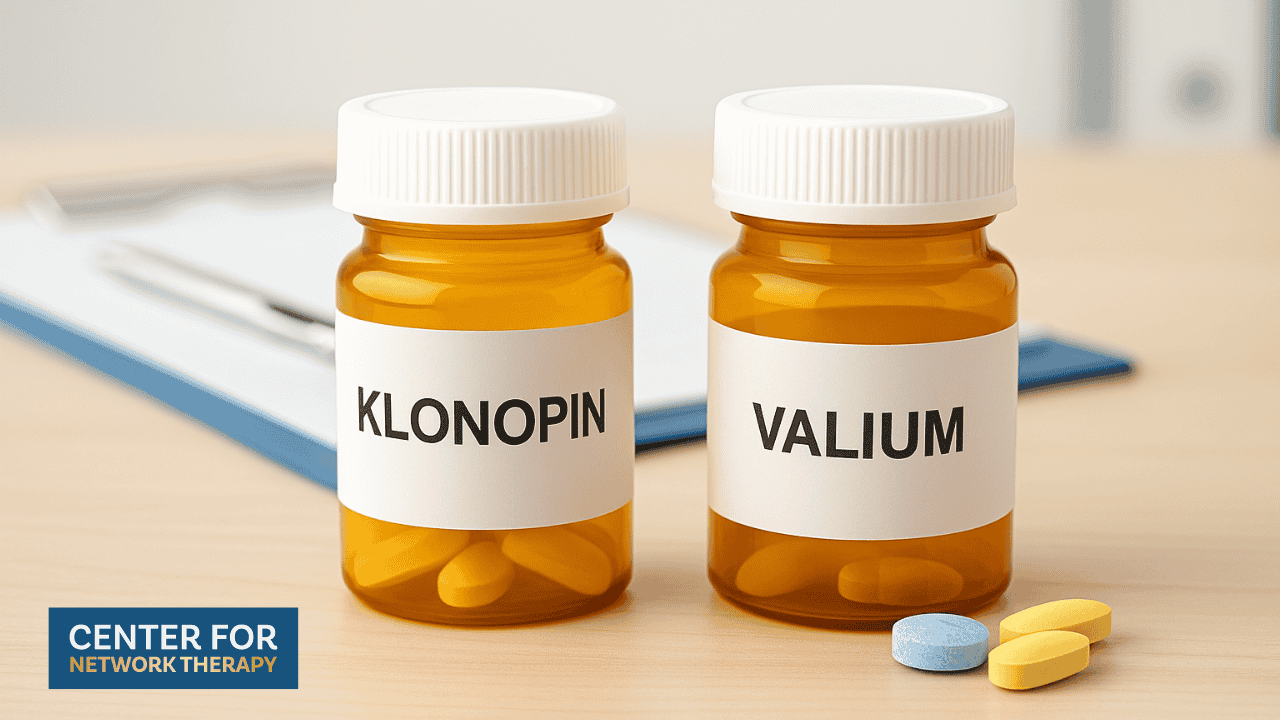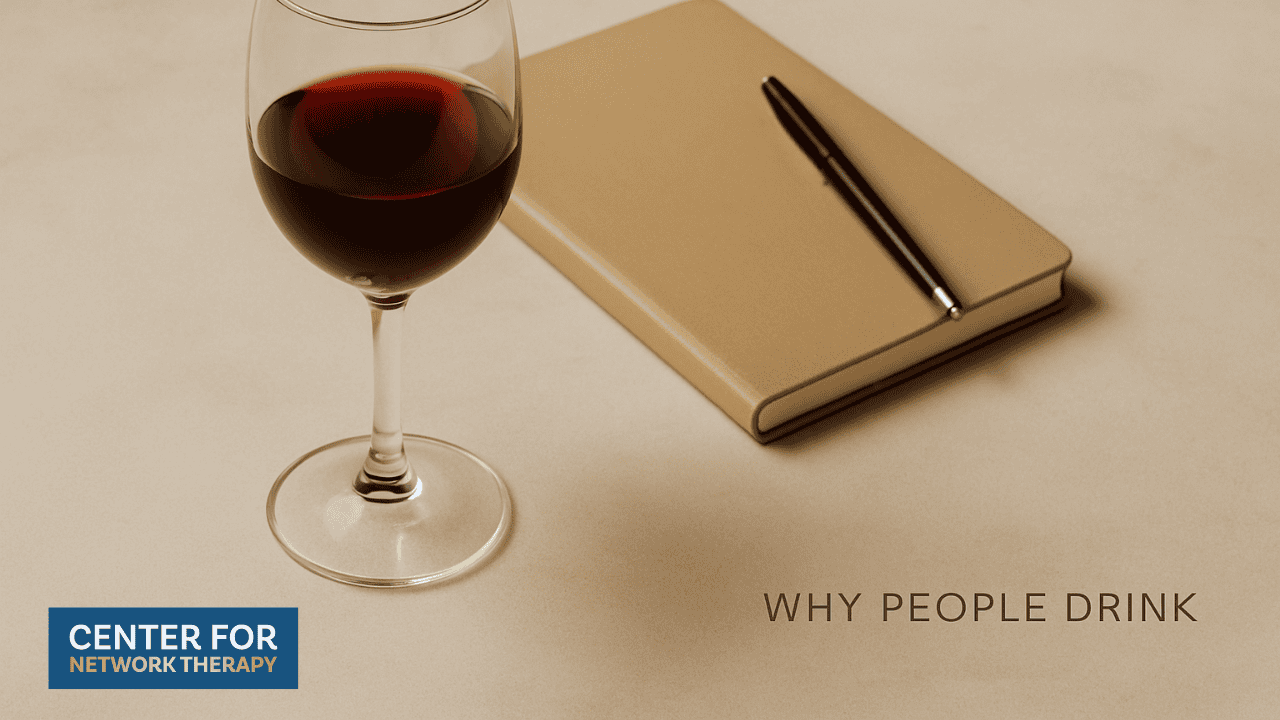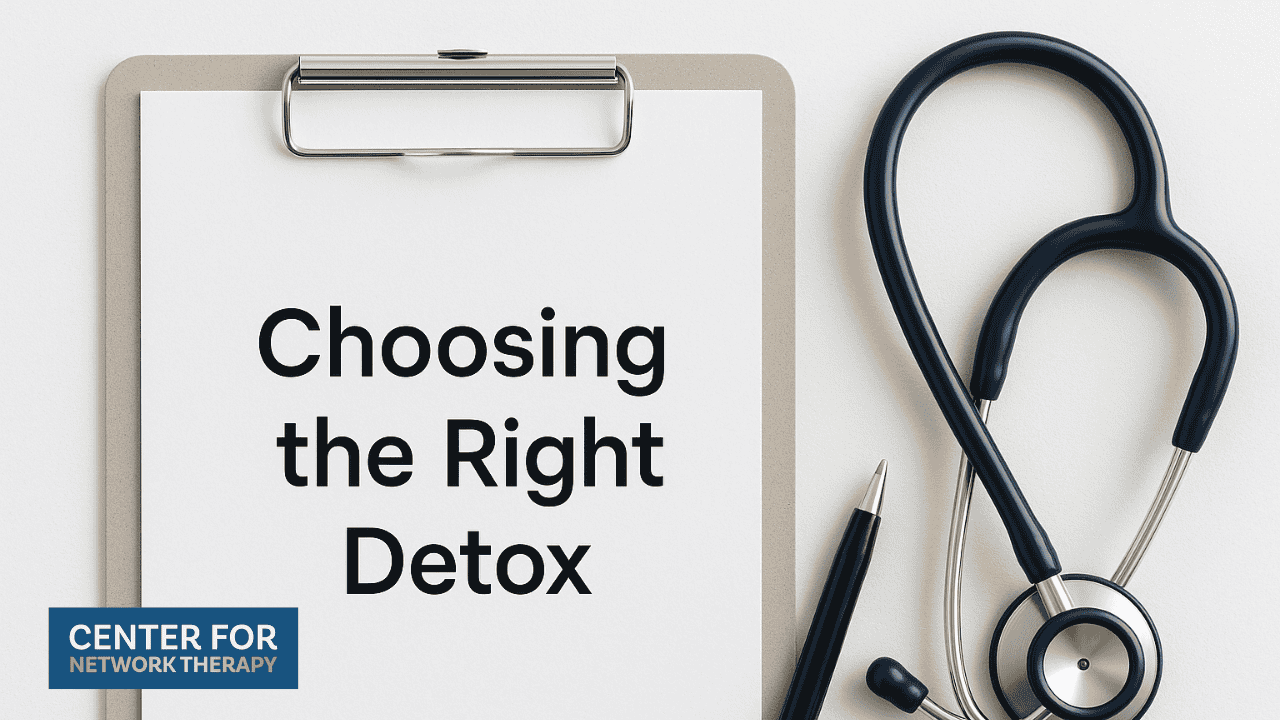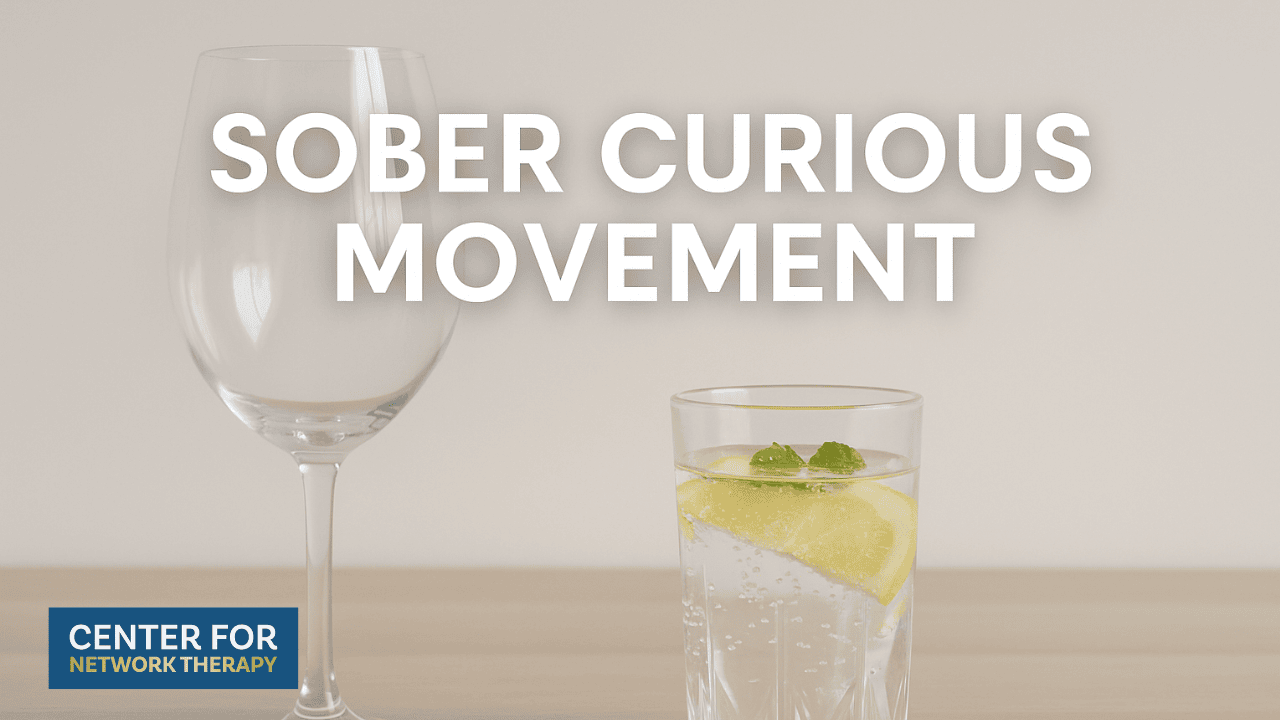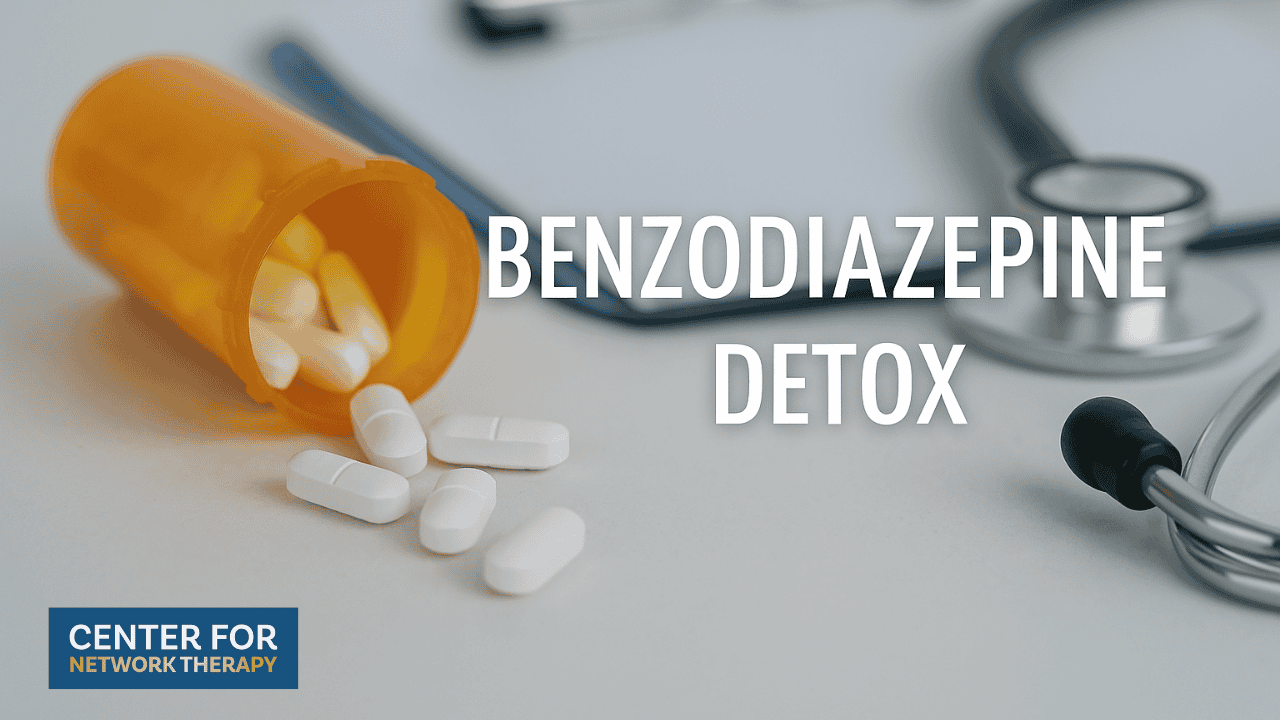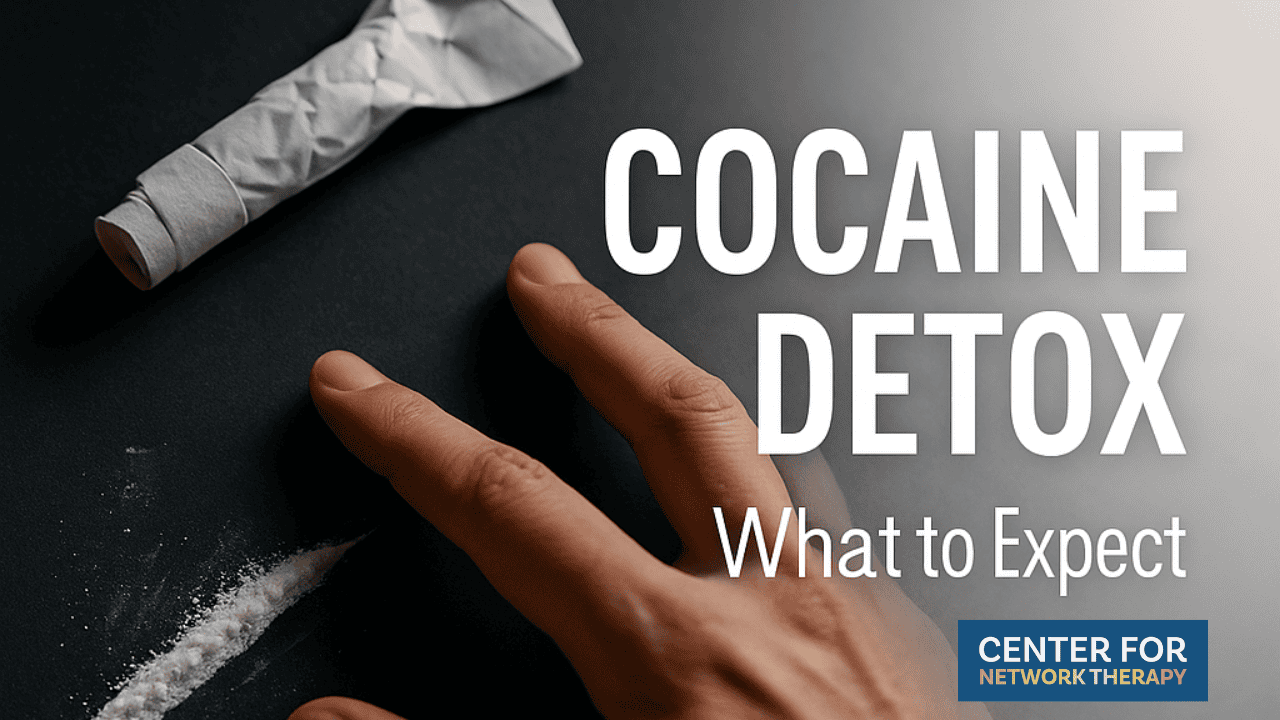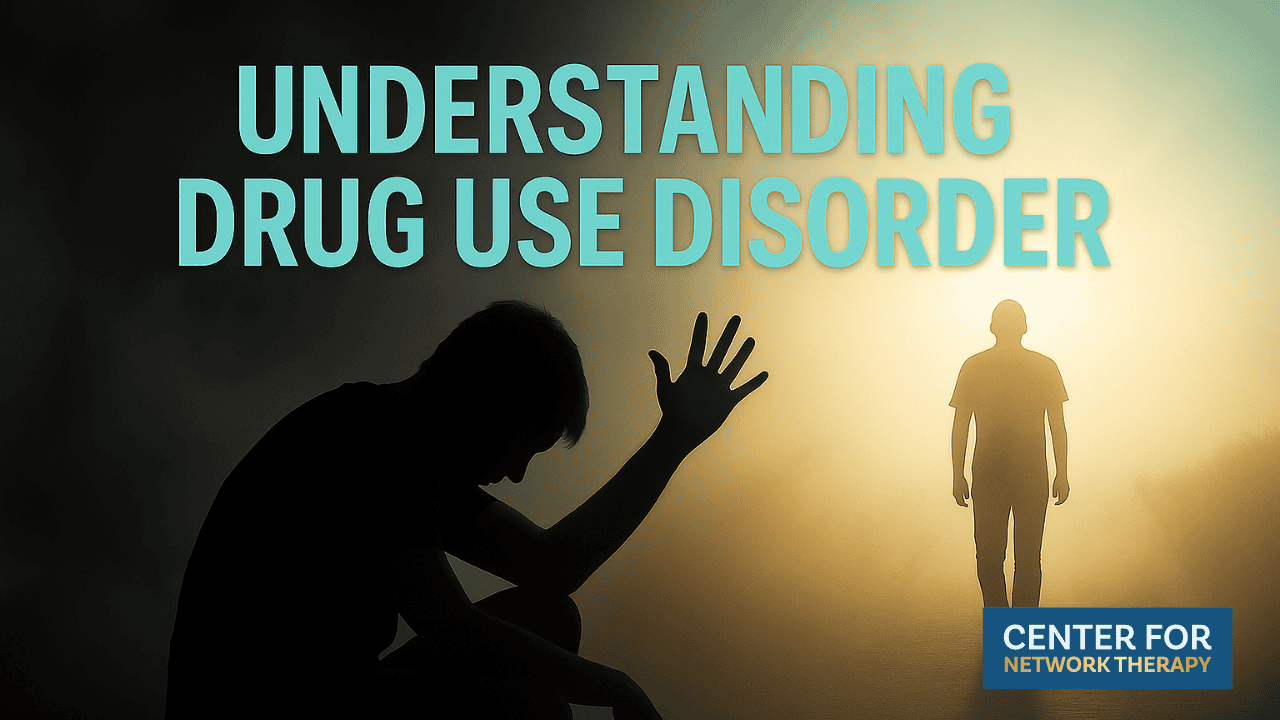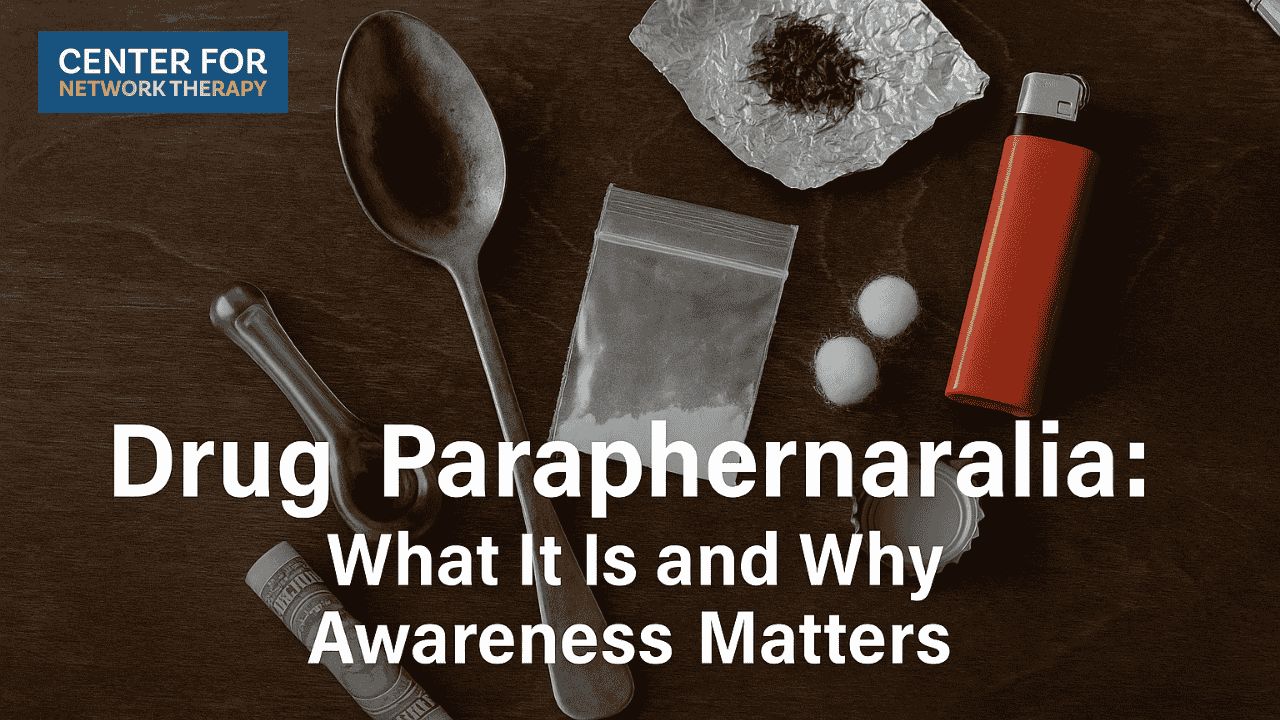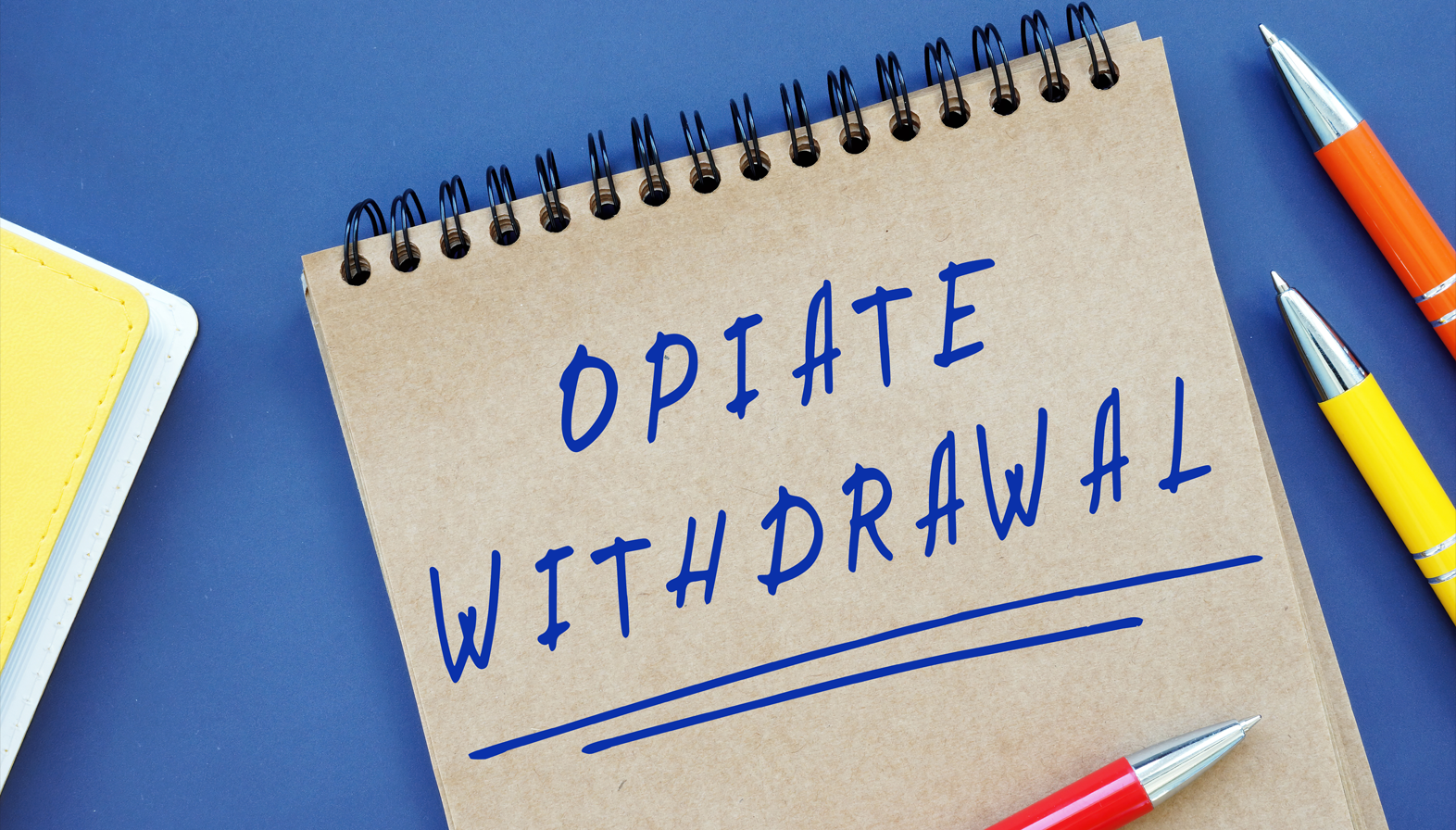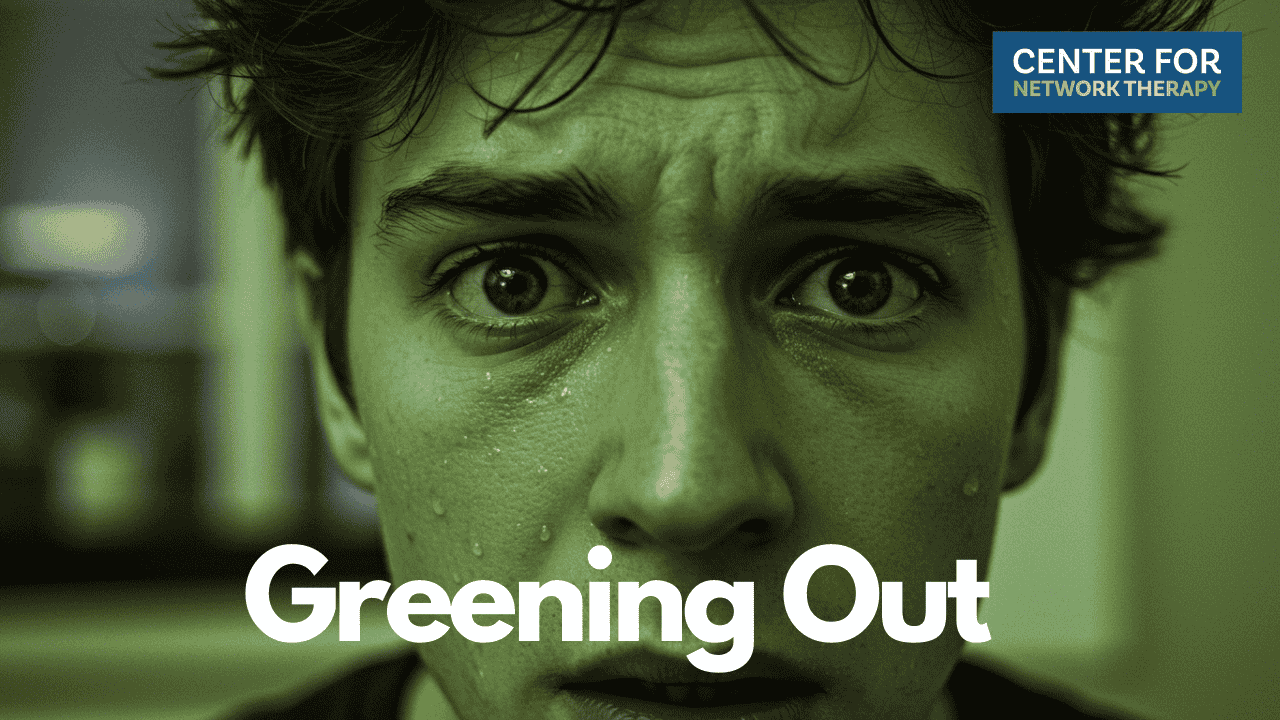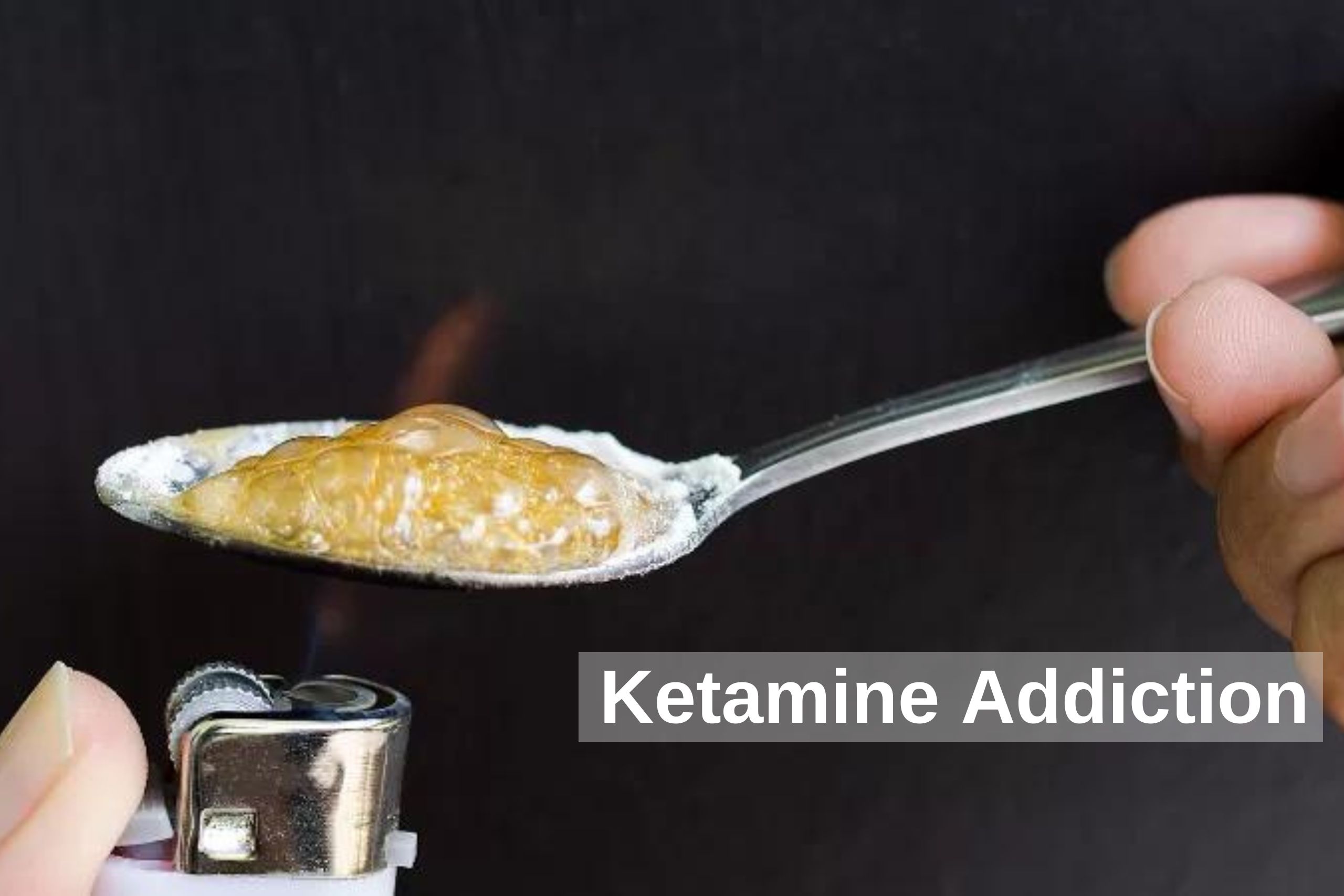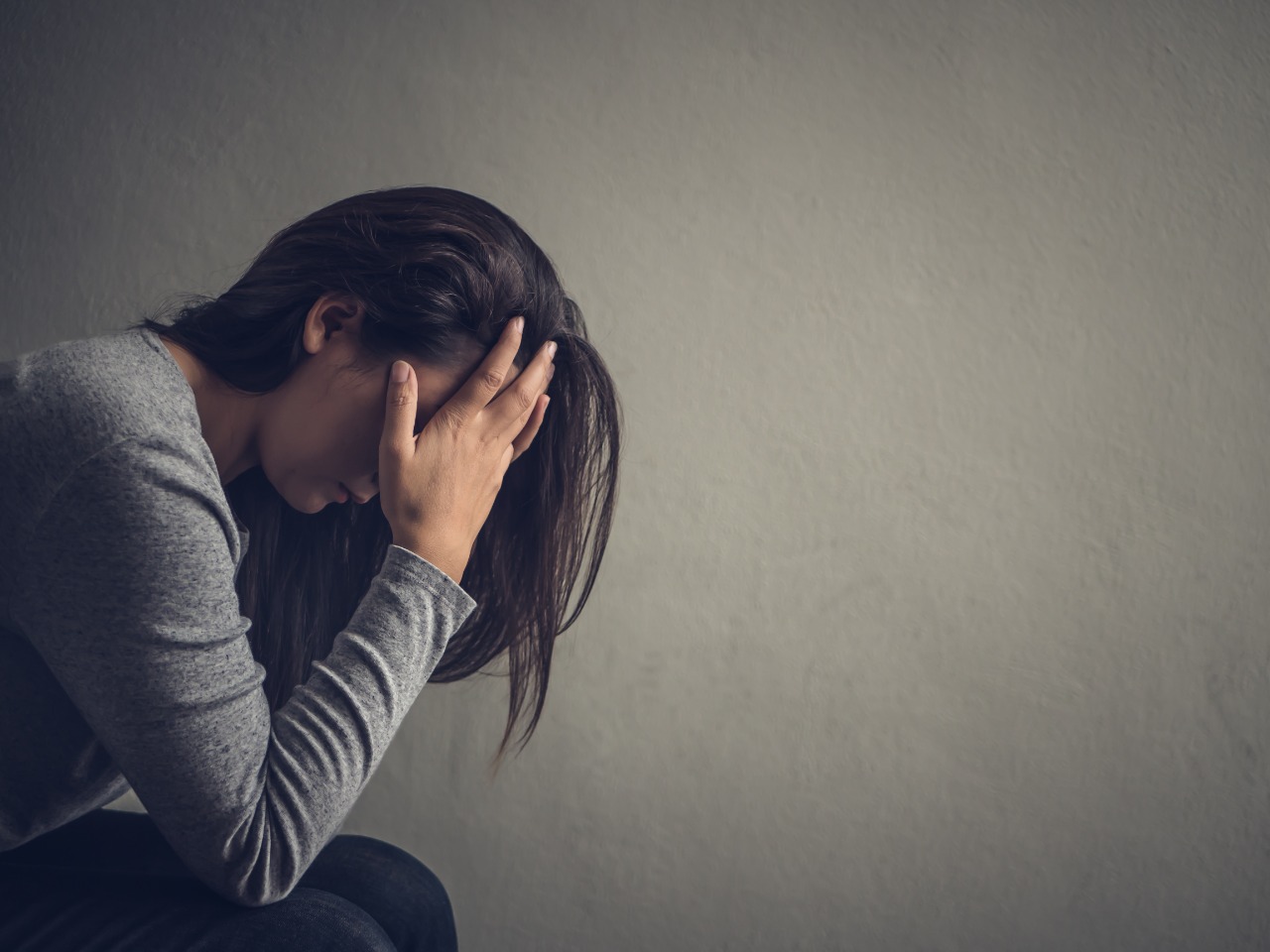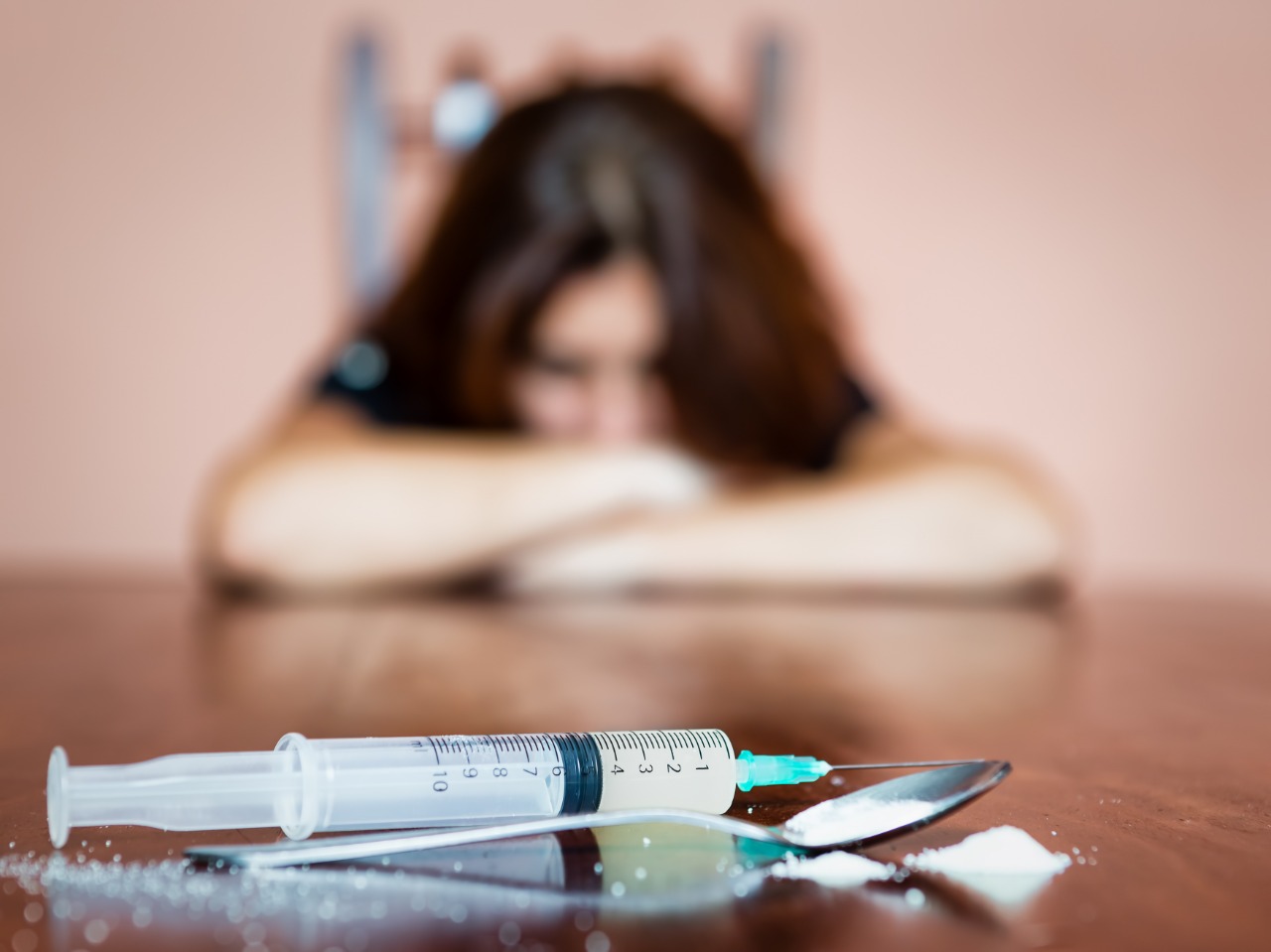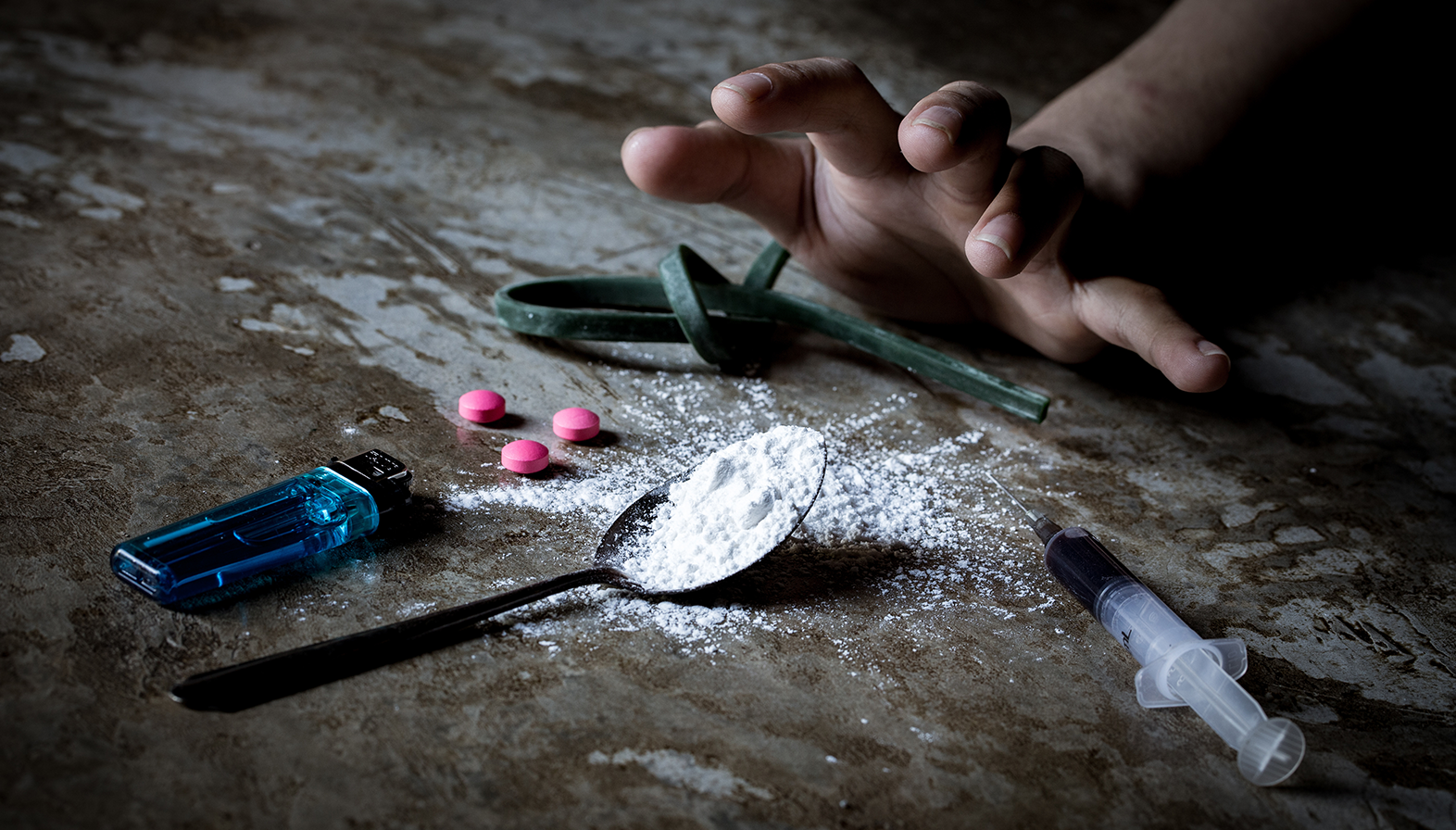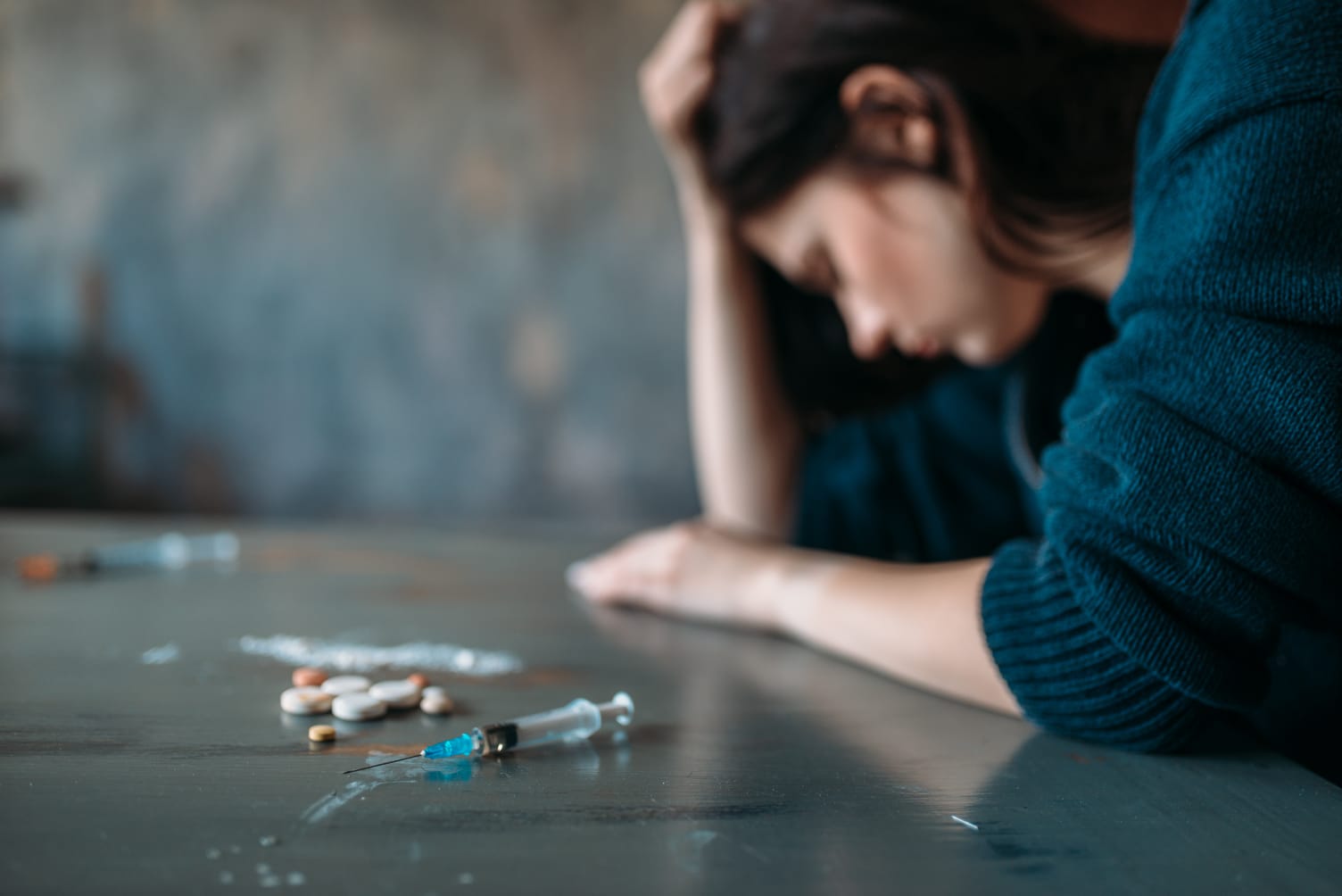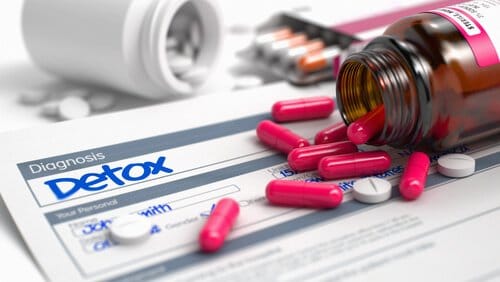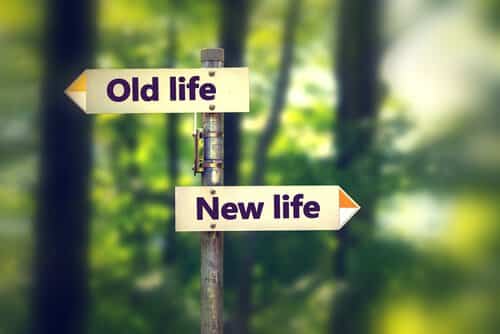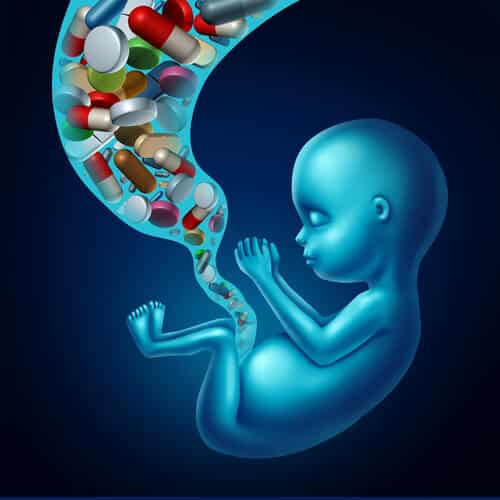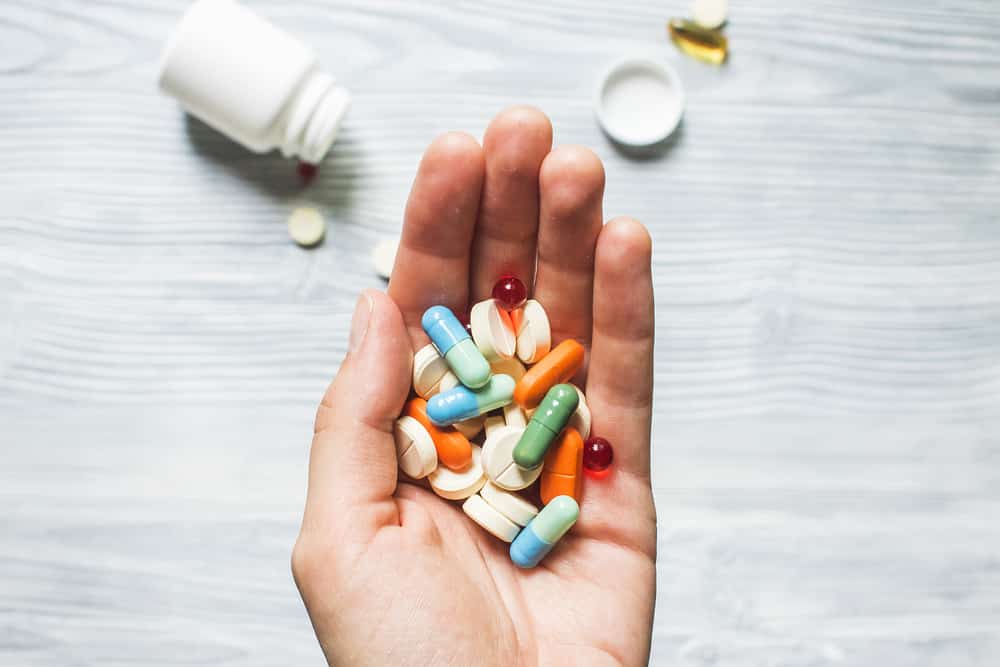Table of Contents
ToggleHoliday Binge Drinking: 5 Warning Signs of Alcohol Abuse
When the holiday season reaches its peak, parties and the prevalent cheerful mood give us every reason to bring out the booze and raise a toast to the numerous celebratory occasions in our lives. But on the flip side, even those who tag themselves as social drinkers tend to cross the line and indulge in binge drinking, especially in these hard times of social distancing. As more and more people are forced to go into self-quarantine and remain at home for days on end due to the pandemic created by the deadly novel coronavirus, binge drinking has taken on a new form and meaning. According to the Centers for Disease Control and Prevention, binge drinking has emerged as the commonest pattern of alcohol abuse in the USA.
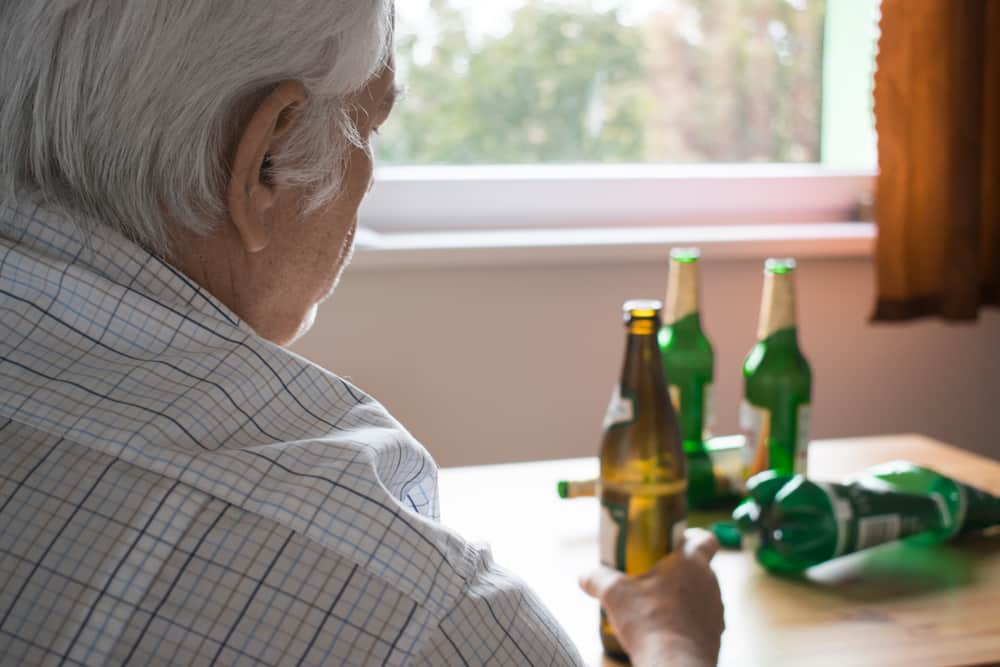
Dr. Indra Cidambi, an addiction expert and a leading exponent of Addiction Medicine, draws our attention to the 5 warning signs of alcohol abuse, particularly during the holiday season; more to the point, during this trying time when isolation is the order of the day and there’s little else to do.
The first symptom seen in people with alcohol addiction is the emotional crutch that alcohol becomes. People who suffer from stress while going about their daily routine sometimes find it too difficult to go on, particularly now, when being cooped up at home causes a sense of isolation from the rest of the world. This leads to some people reaching out for the bottle and indulge in binge drinking to find an escape route from this novel type of stress.
Dr. Cidambi states that nearly all individuals trying to cope with addiction end up abusing their preferred substance due to emotional issues. She adds that drinking alcohol as a way to alleviate feelings of negativity is a dangerous practice because it merely offers a short-lived respite from stress and can take the form of alcohol abuse in the long run.
Second, one of the early signs of alcohol abuse is not realizing one’s limits, i.e., not realizing you went overboard until it was too late. A lot of people keep drinking without realizing the number of drinks they’re having and, as a result, are taken by surprise by the inebriation that rapidly engulfs them.
According to the National Institute on Alcohol Abuse and Alcoholism, if the quantity of alcohol consumed results in the blood alcohol percentage reaching 0.08% or more, it is defined as binge drinking. In other words, consuming alcohol can be termed as binge drinking if men consume about 5 drinks or more and women have 4 drinks or more in a span of 2 hours.
The third warning sign that Dr. Cidambi points out is not being able to stop once you start. She explains that if an individual invariably finishes an entire bottle of wine after opening it or drinks a bottle of beer but still feels the need or urge to keep at it until they’ve reached a point of intoxication, the person is unable to check their drinking habit and might be suffering from addiction.
According to evidence from the Centers for Disease Control and Prevention, 1 out of 6 adults in America indulges in binge drinking approximately 4 times in a month, drinking around 8 drinks per binge-drinking session.
Fourth, if a person starts letting responsibilities slide, it is a warning sign that the individual might need help. Dr. Cidambi draws our attention to the fact that if an individual starts neglecting important tasks or jobs, the person may have a drinking issue. She adds that if a person gives undue importance to drinking over their routine activities or tasks, it is a signal to take it easy.
For instance, if a person is was partying the previous night like there’s no tomorrow and ends up being late for work, or an individual opts for drinking instead of exercising, it is time to seek help.
Finally, if a person is not comfortable in social situations with no alcohol, they should consider seeking help. During the holiday season, some individuals feel uneasy and, in all probability, turn down invites if they are faced with a situation where they are invited to social gatherings and are aware of the fact that their drinking habits would be frowned upon by another person.
According to Dr. Cidambi, it is alright to enjoy a drink or two but if someone needs at least a couple of drinks to interact with other people at a social gathering, the person might have an issue.
Dr. Cidambi points out that a majority of people who indulge in binge drinking should not be tagged as alcoholics, and a drinking problem does not necessarily end in addiction all the time. But if you are aware that a person indulges in binge drinking or consumes excessive amounts of alcohol, it is prudent to get in touch with a physician and sign up for a substance abuse evaluation or enroll in alcohol and drug treatment programs in your area to seek assistance.

Drug Rehab in New Jersey
If you want to help a loved one suffering from an addiction and are looking for advice, guidance, counseling or information on treatment options (including heroin rehab and detoxification for other substances), or a friend or colleague is suffering from symptoms of alcohol withdrawal, please log on to www.recoveryCNT.com.
Related Articles
When is Outpatient Alcohol Treatment an Ideal Option?
Five Ways to Deal With Stress While Recovering From Addictions




